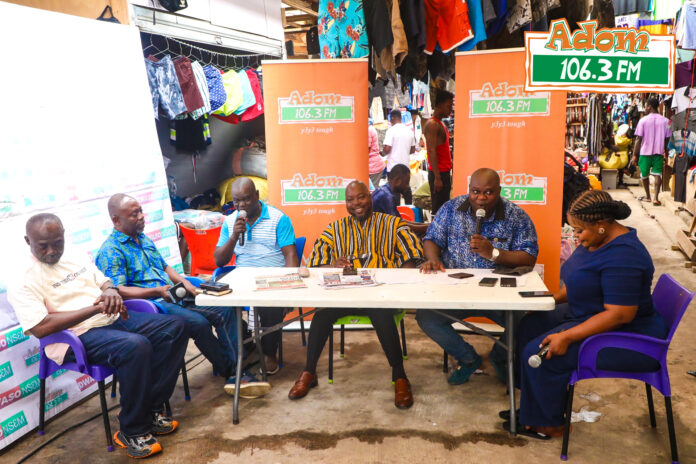Adom FM’s Dwaso Nsem morning show on Friday, August 19, 2025, was broadcast live from the vibrant Kantamanto Market, where second-hand clothing sellers shared their daily struggles and appealed for support from both the public and authorities.
The traders highlighted several recurring challenges, with the unstable exchange rate topping their concerns.
They explained that the continuous depreciation of the cedi against major foreign currencies has not brought them any relief.
Instead of reduced costs, they are forced to purchase bales of clothing at the same — or in some cases, even higher — prices than before.
This situation, they lamented, has left them with shrinking profit margins and little room to sustain their businesses.
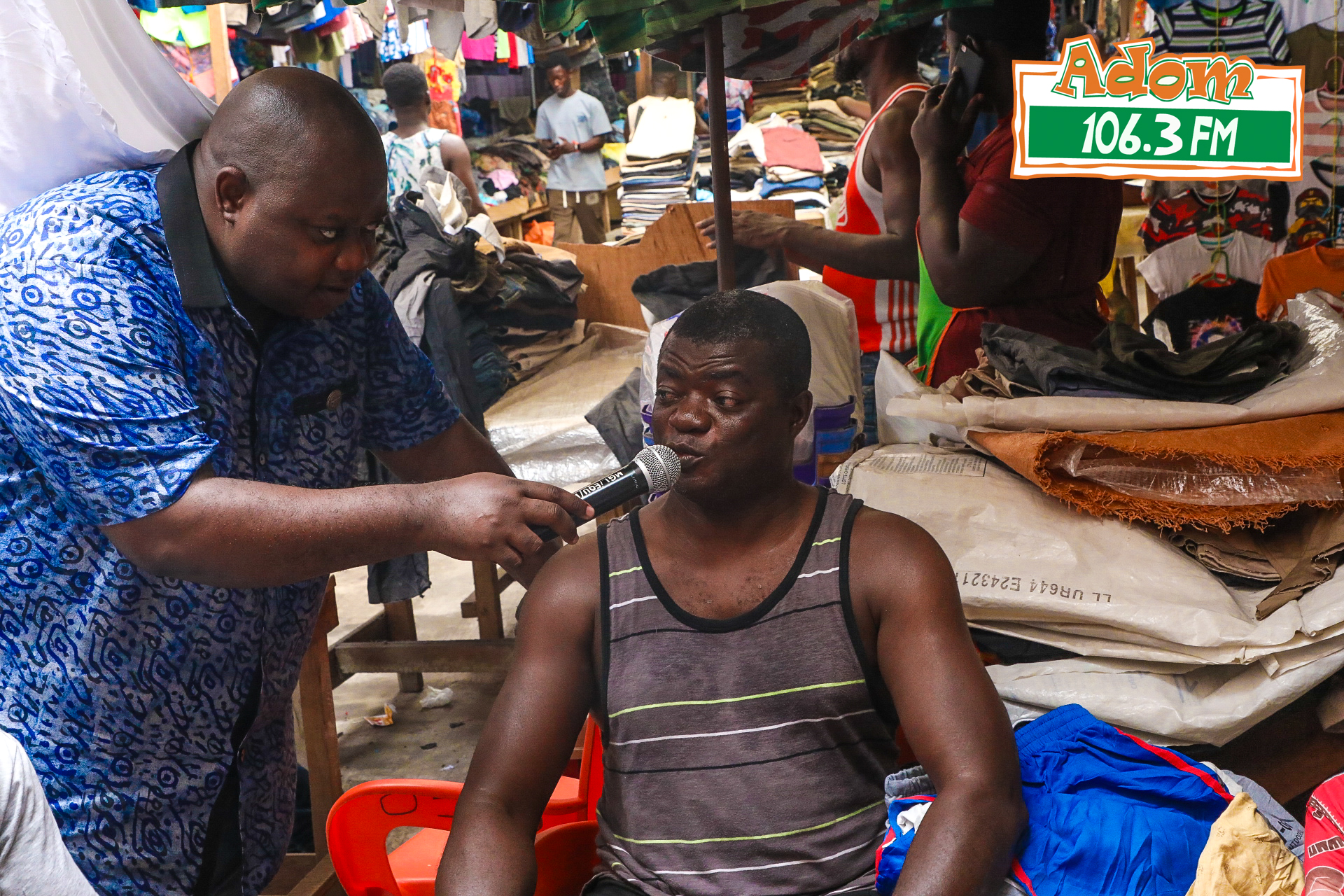
Another major concern raised by the traders was the growing presence of hawkers and unregulated vendors who display their goods along the roadside.
They explained that these roadside sellers lure customers away from the main market, creating an unfair playing field. As a result, many established stallholders often end the day without making a single sale, despite spending long hours at their stalls.
The traders therefore appealed passionately to local authorities to step in and enforce order, stressing that proper regulation will ensure fairness for all and help preserve Kantamanto’s reputation as a leading trading hub.

Leaders of the Used Clothing Association echoed these frustrations but also proposed ways forward. Sampson Asaki Awingobit, Executive Director of the Importers and Exporters Association, and Daniel Ampadu, Vice Chairman of the Association, both underscored the importance of stronger collaboration between authorities and market leaders to regulate activities around Kantamanto. Secretary of the Association, Samuel Darko Apenteng, emphasized the urgency of finding practical measures to ease the financial pressures on traders while ensuring fair competition.
Kantamanto Market Coordinator, Kakari Mensah, added that with sustained dialogue and coordinated efforts, the market could once again flourish as Ghana’s central hub for second-hand clothing trade.
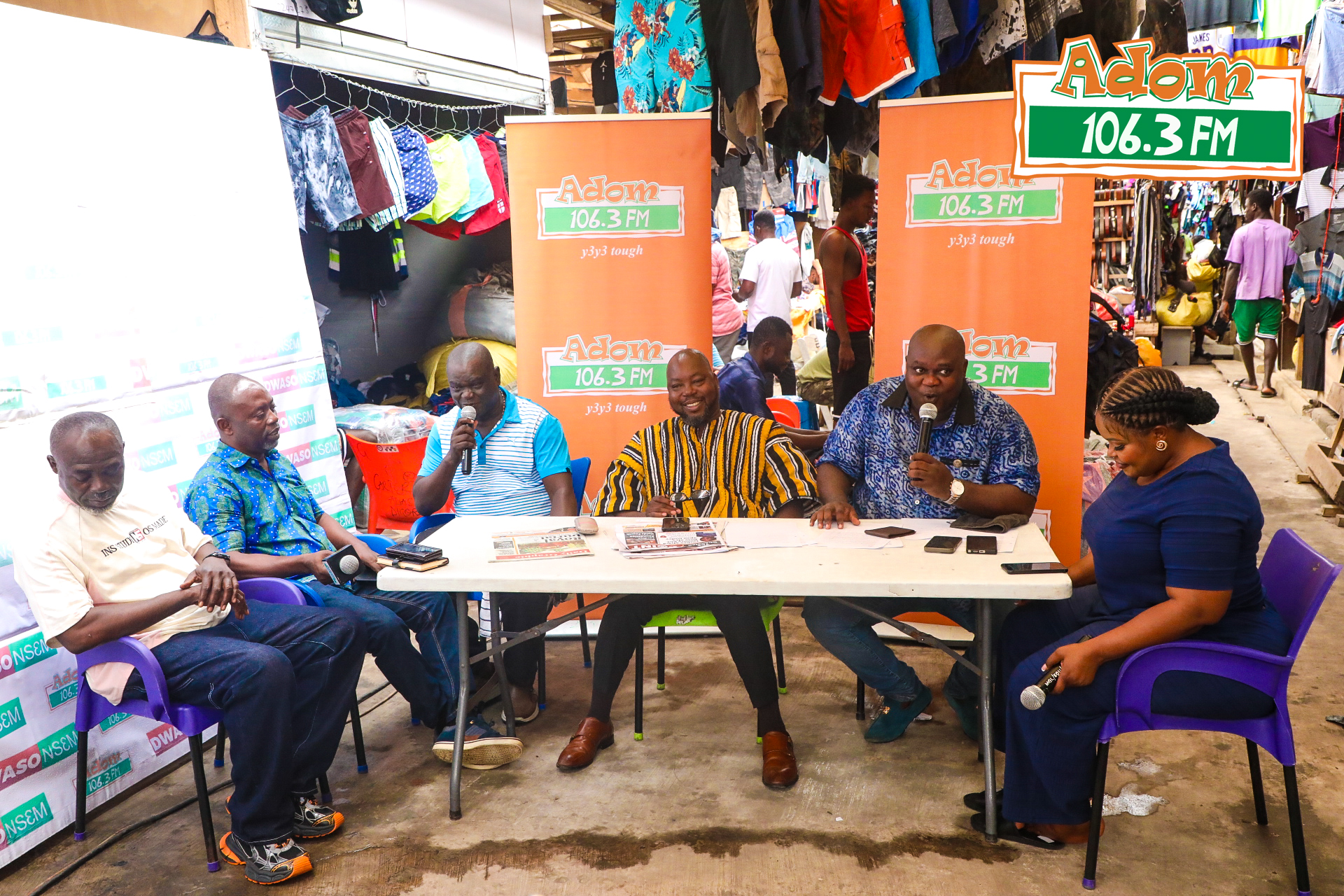
In unison, the representatives stressed that the sellers are not asking for charity but for fairness, structure, and clear policies that enable them to trade sustainably.
Their collective call was directed at the relevant authorities to restore order in the market, curb the menace of roadside trading, and introduce measures that safeguard the livelihoods of thousands of families who depend on the used clothing business.
Below are some photos
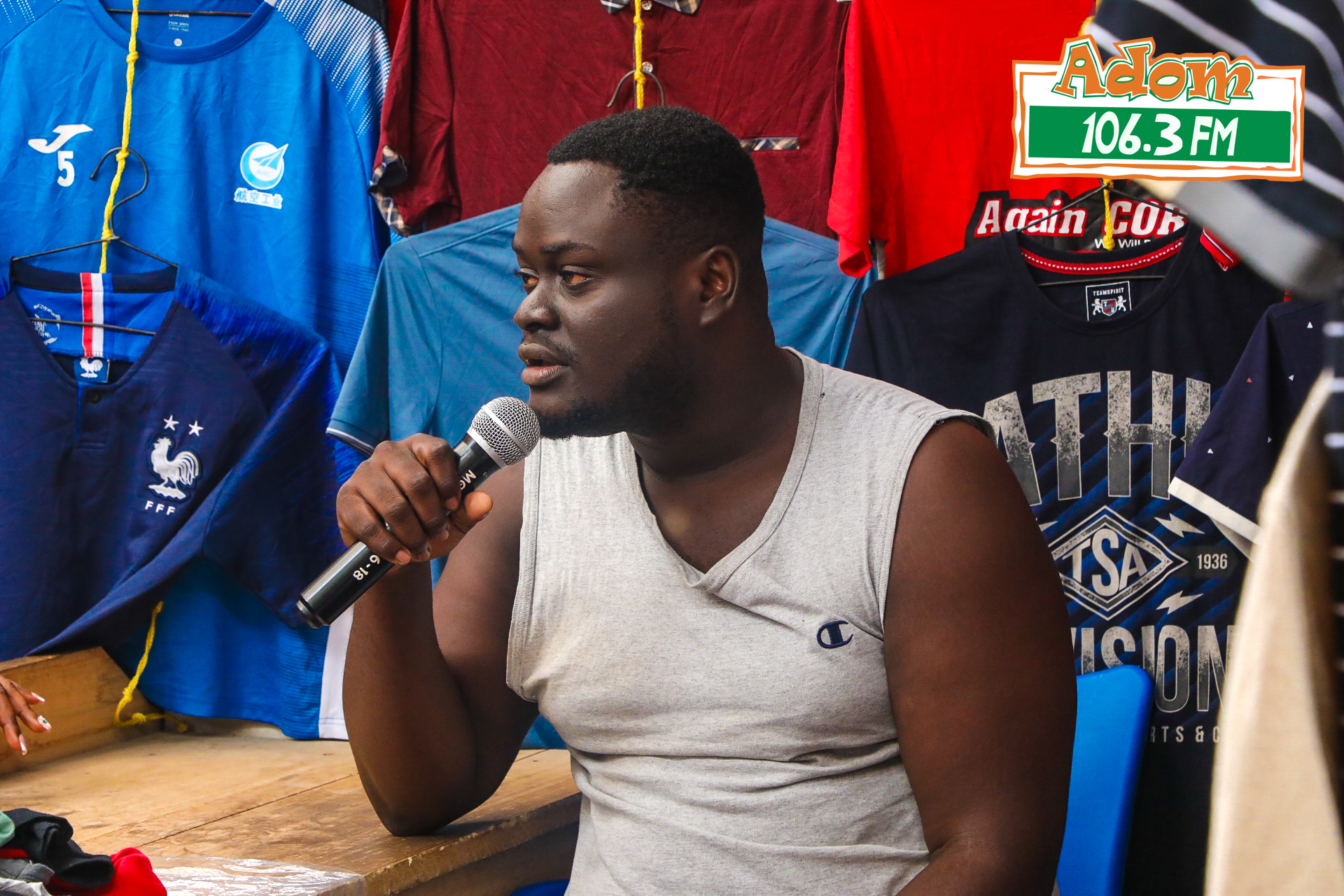
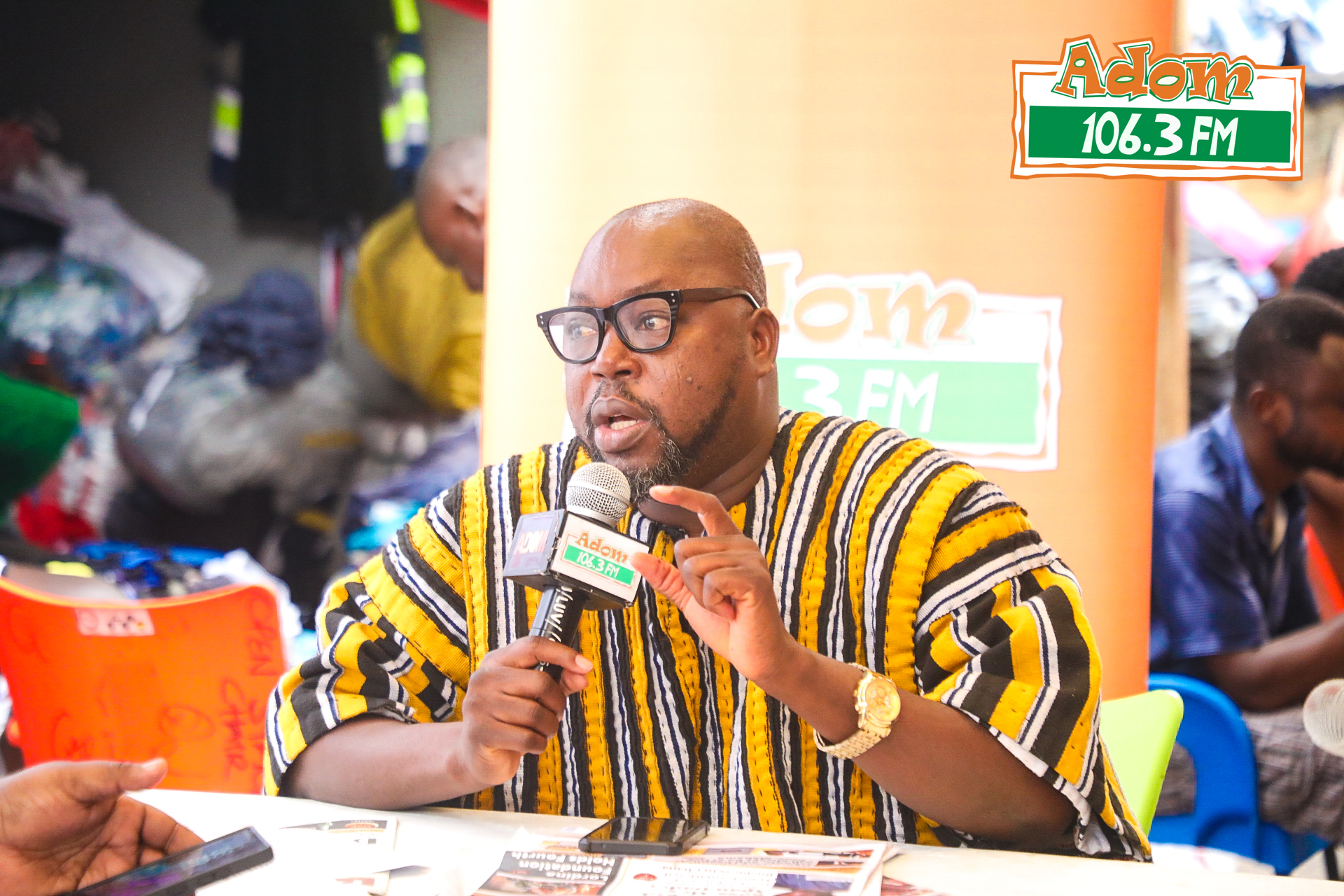

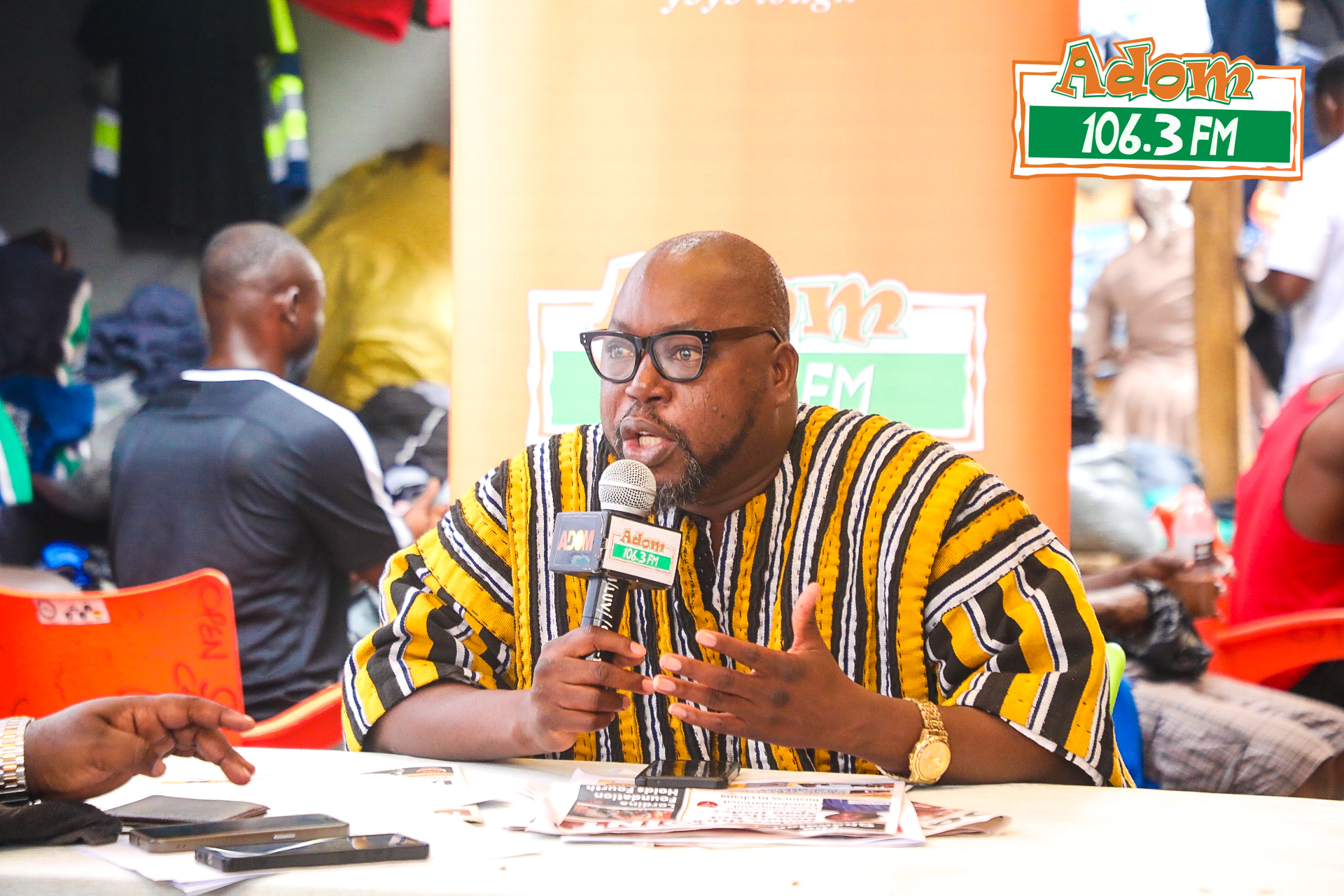
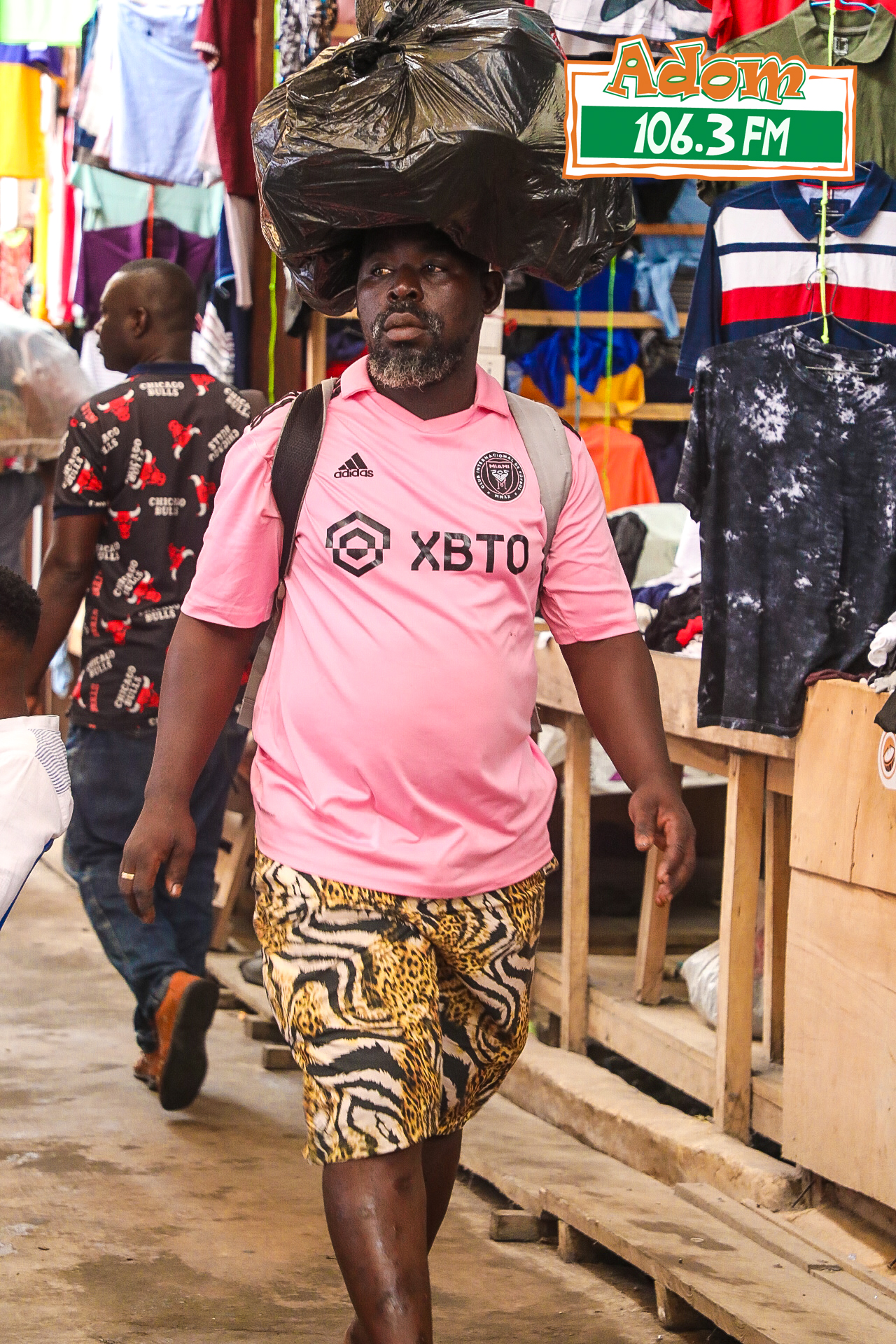
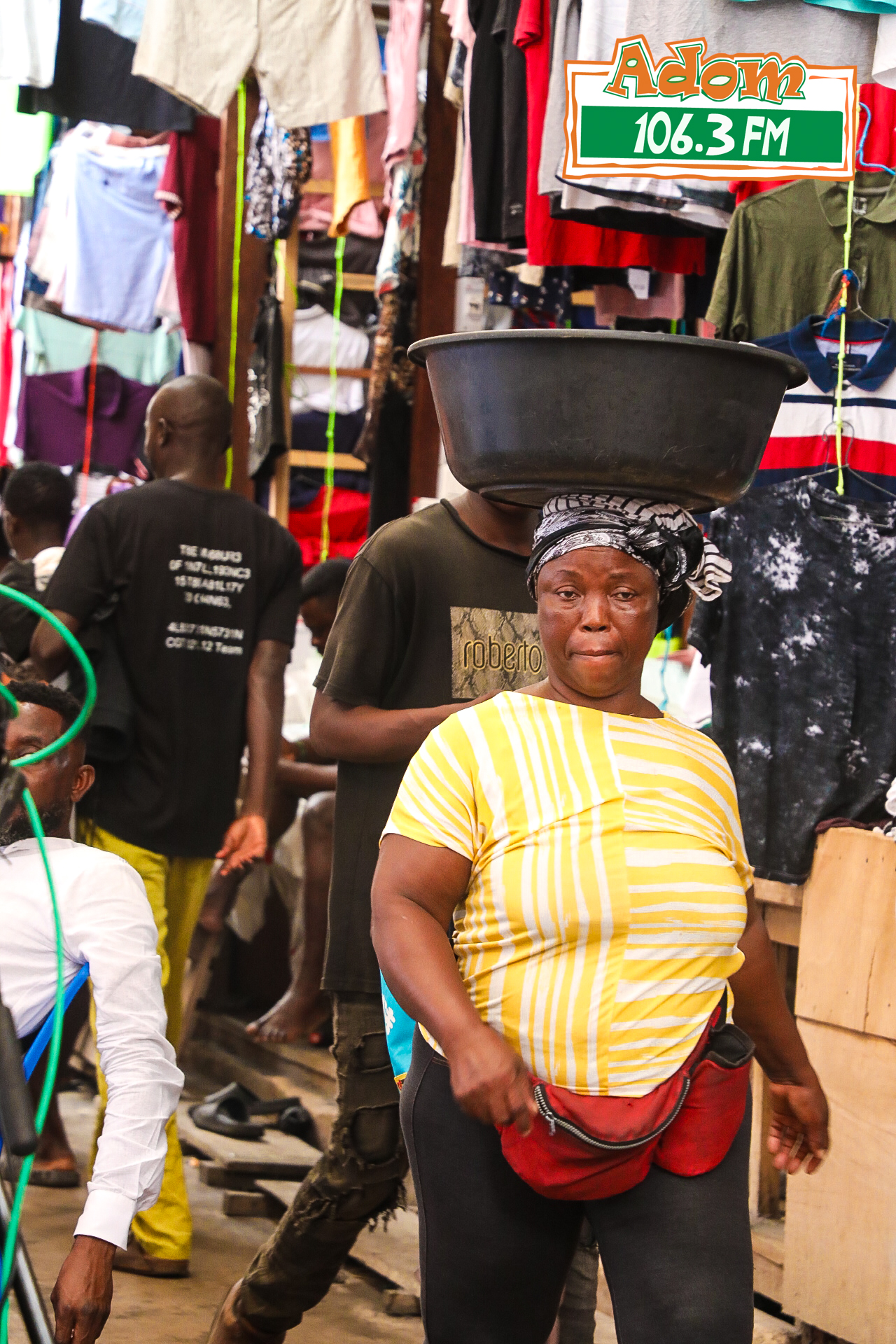
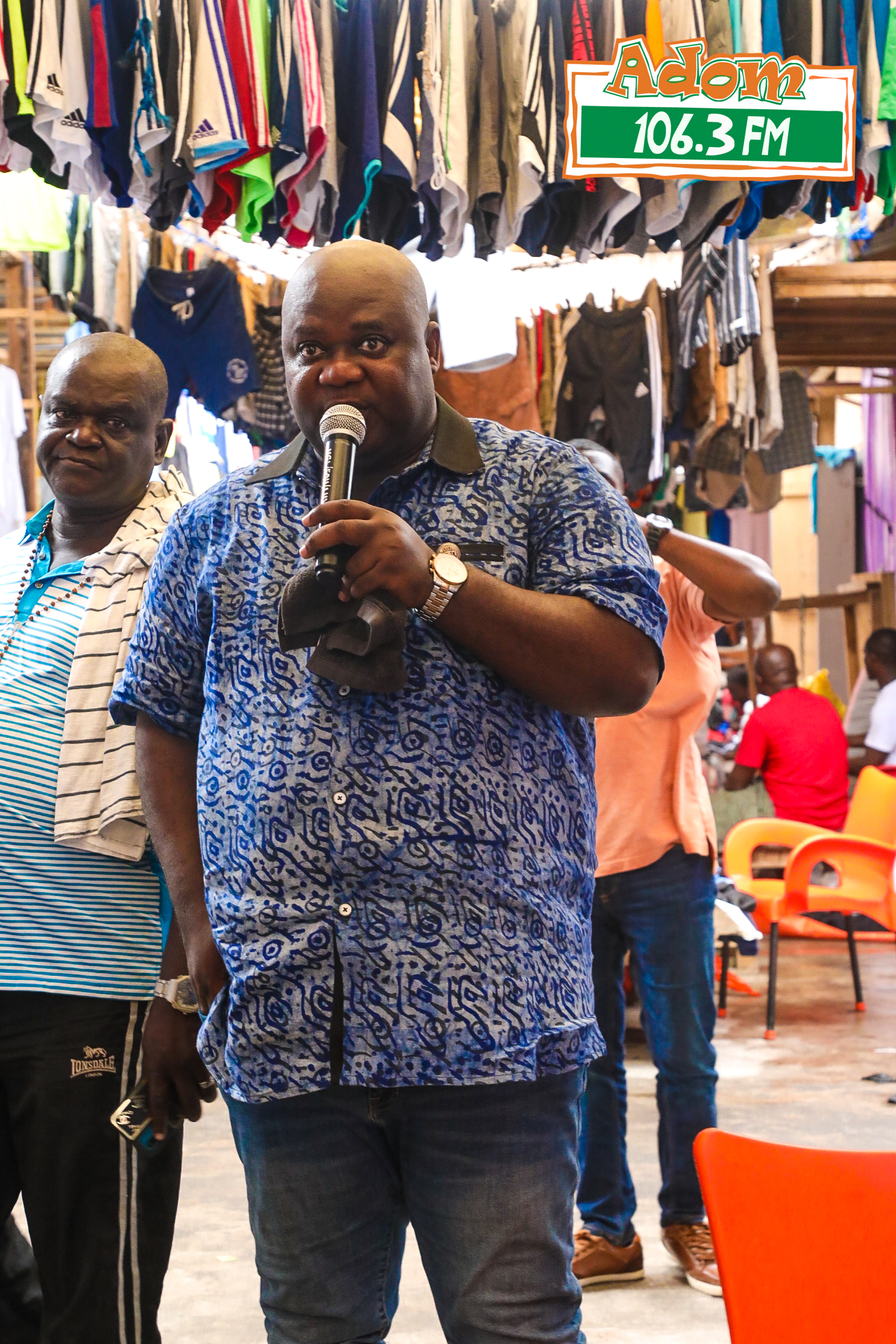
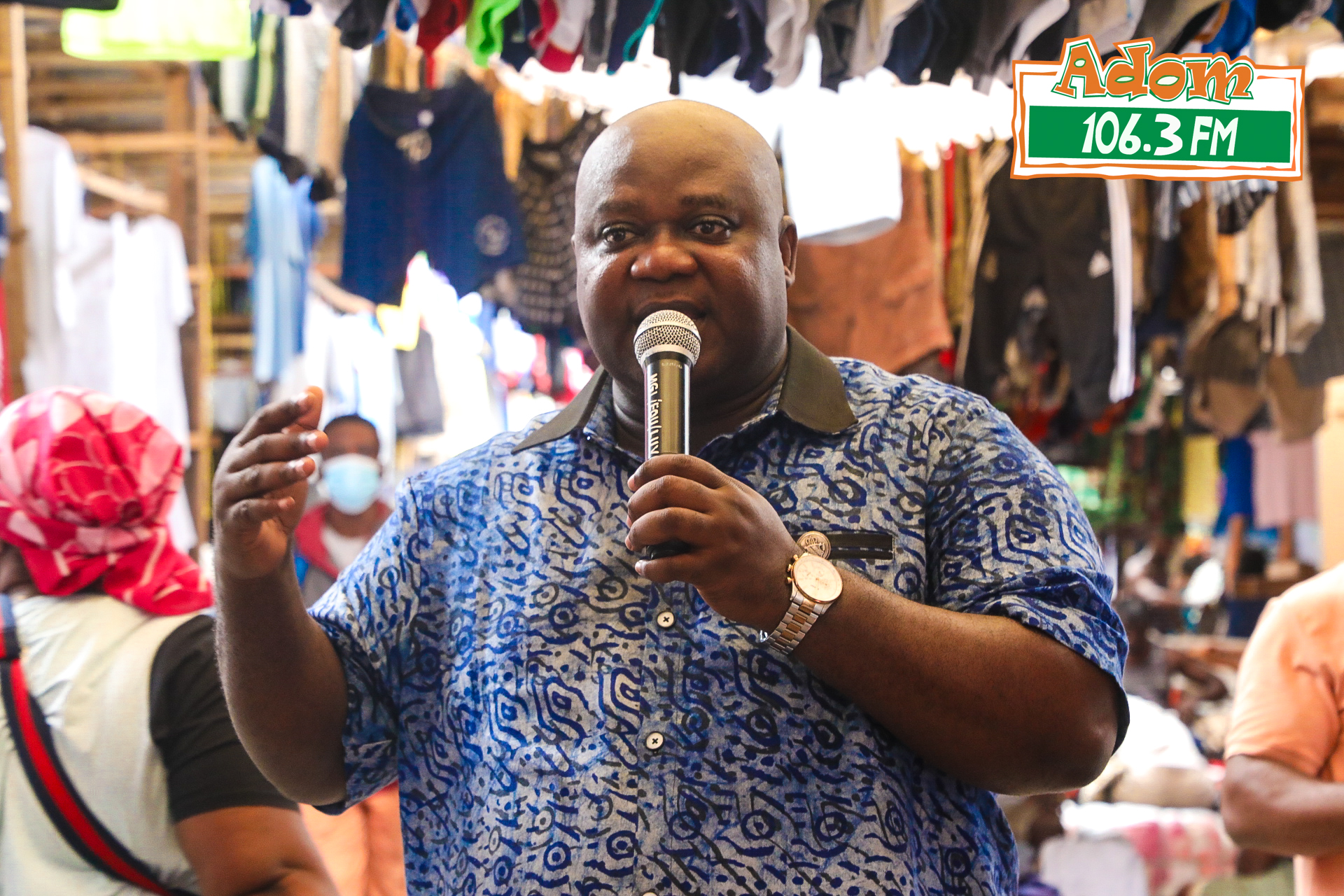
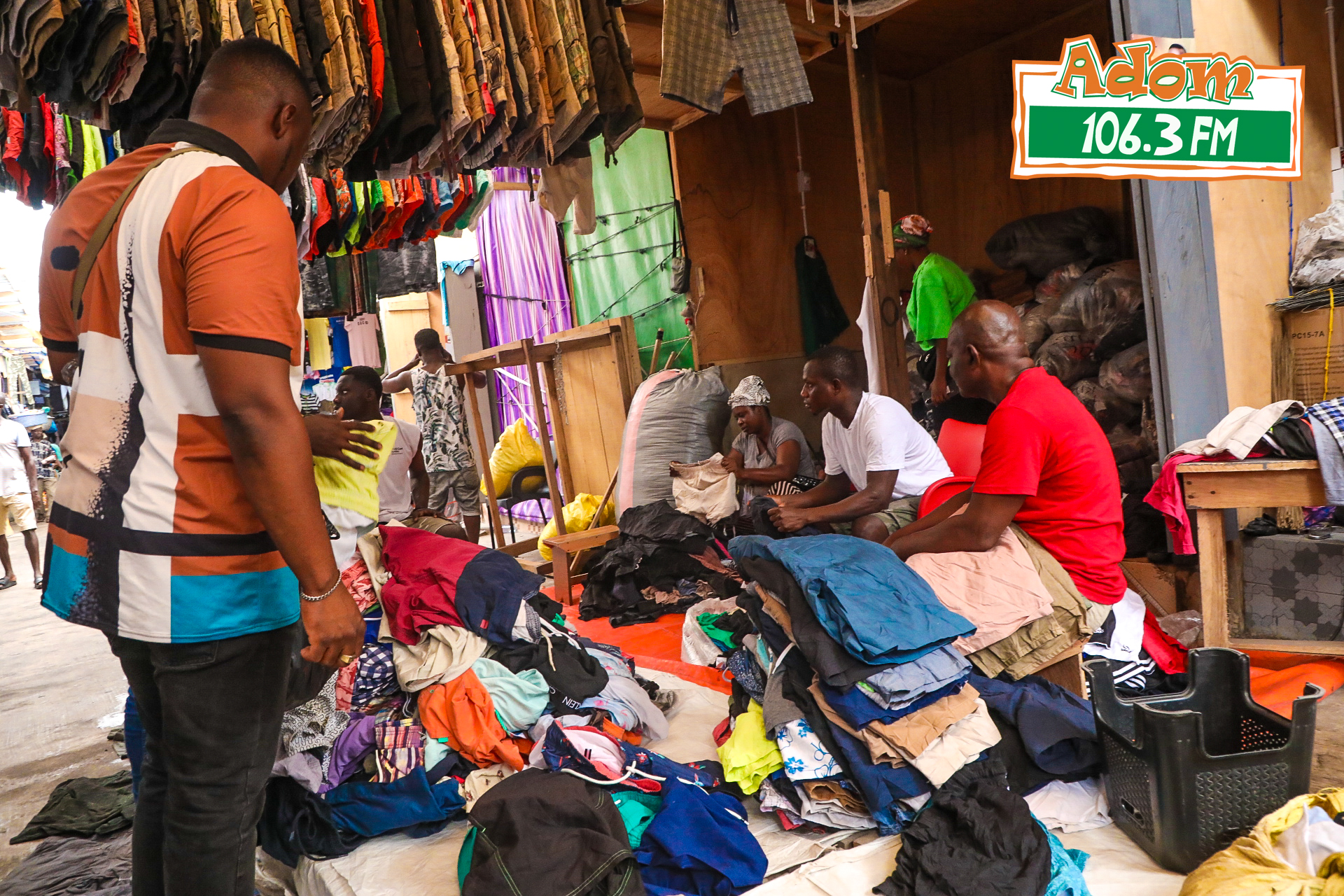
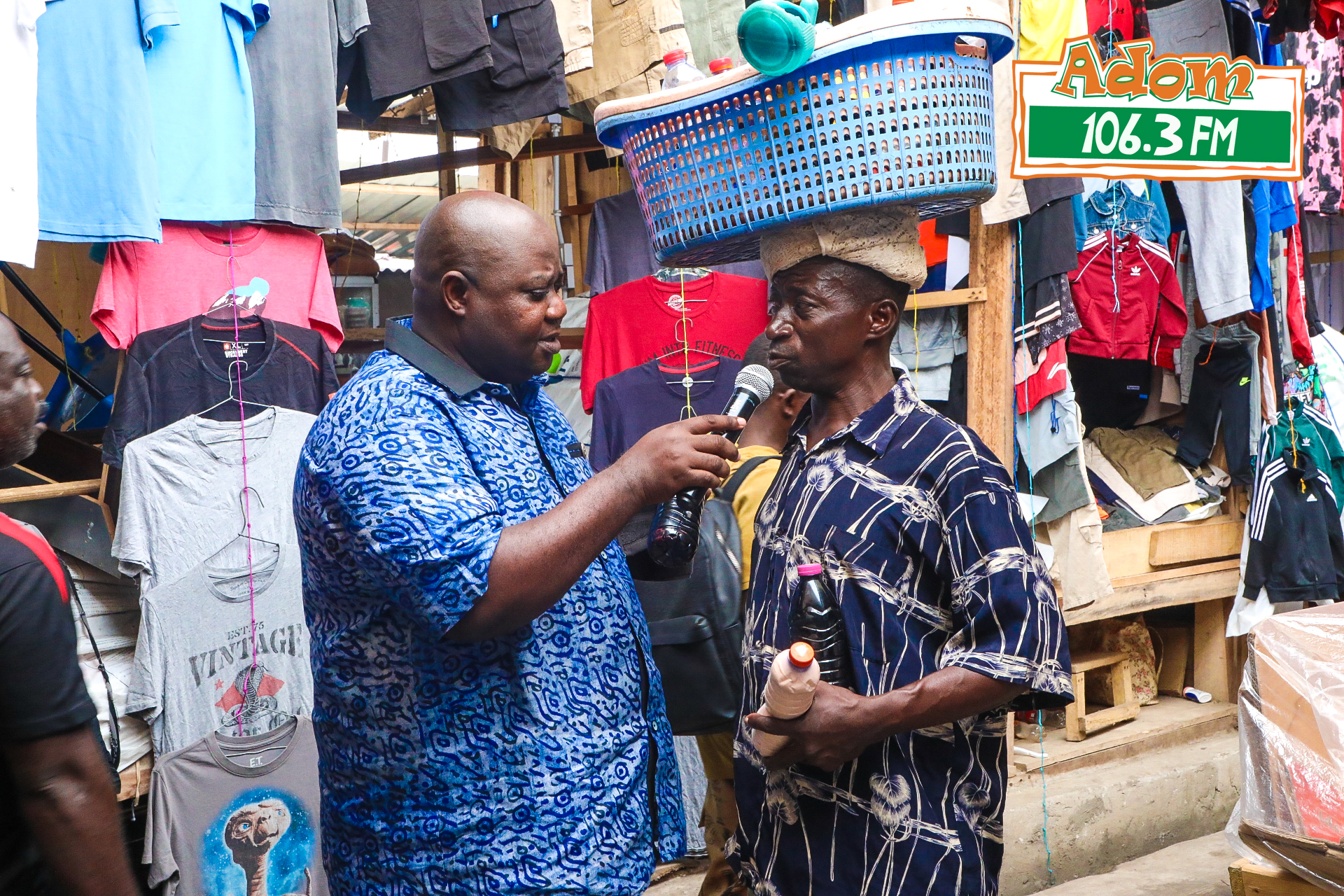
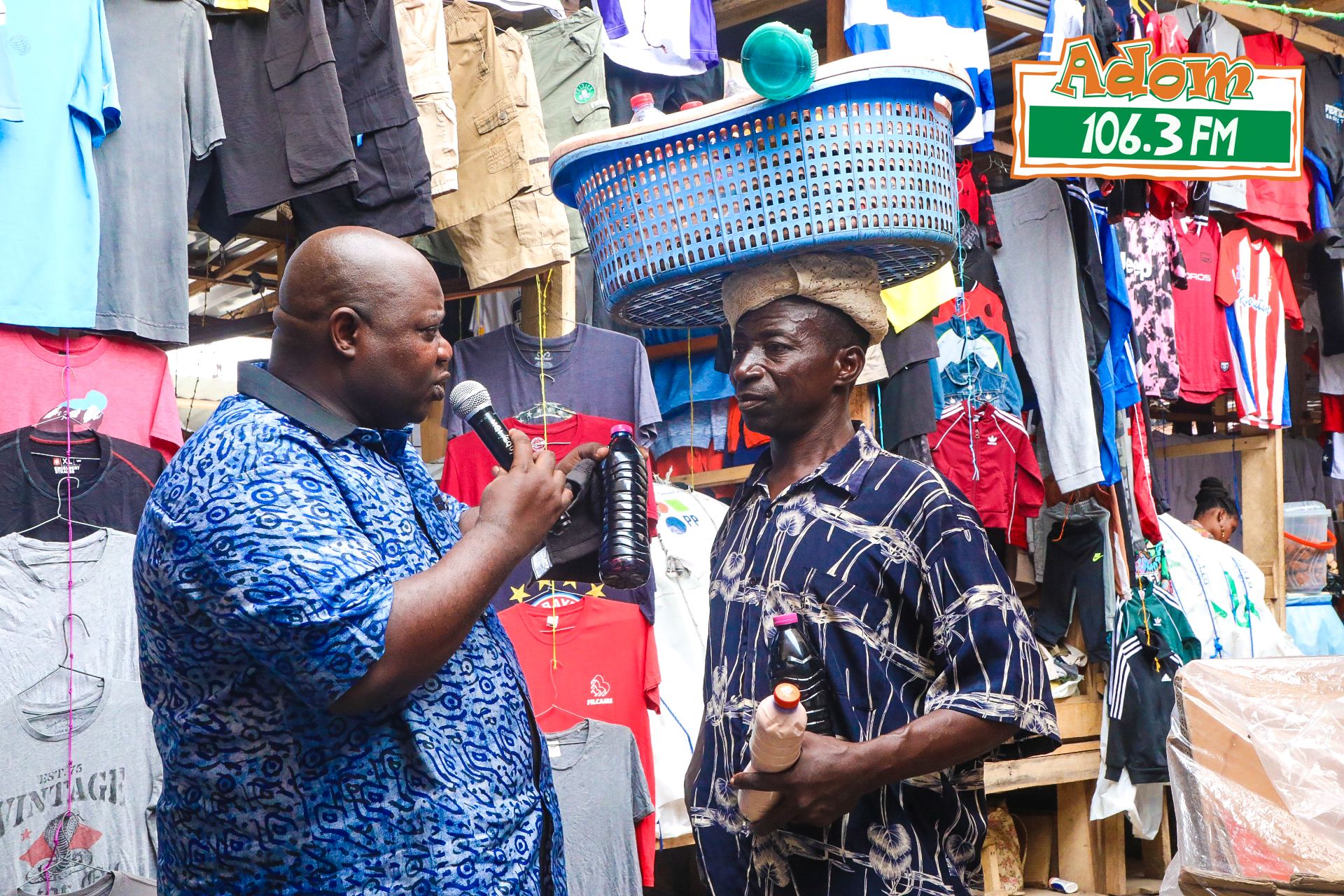
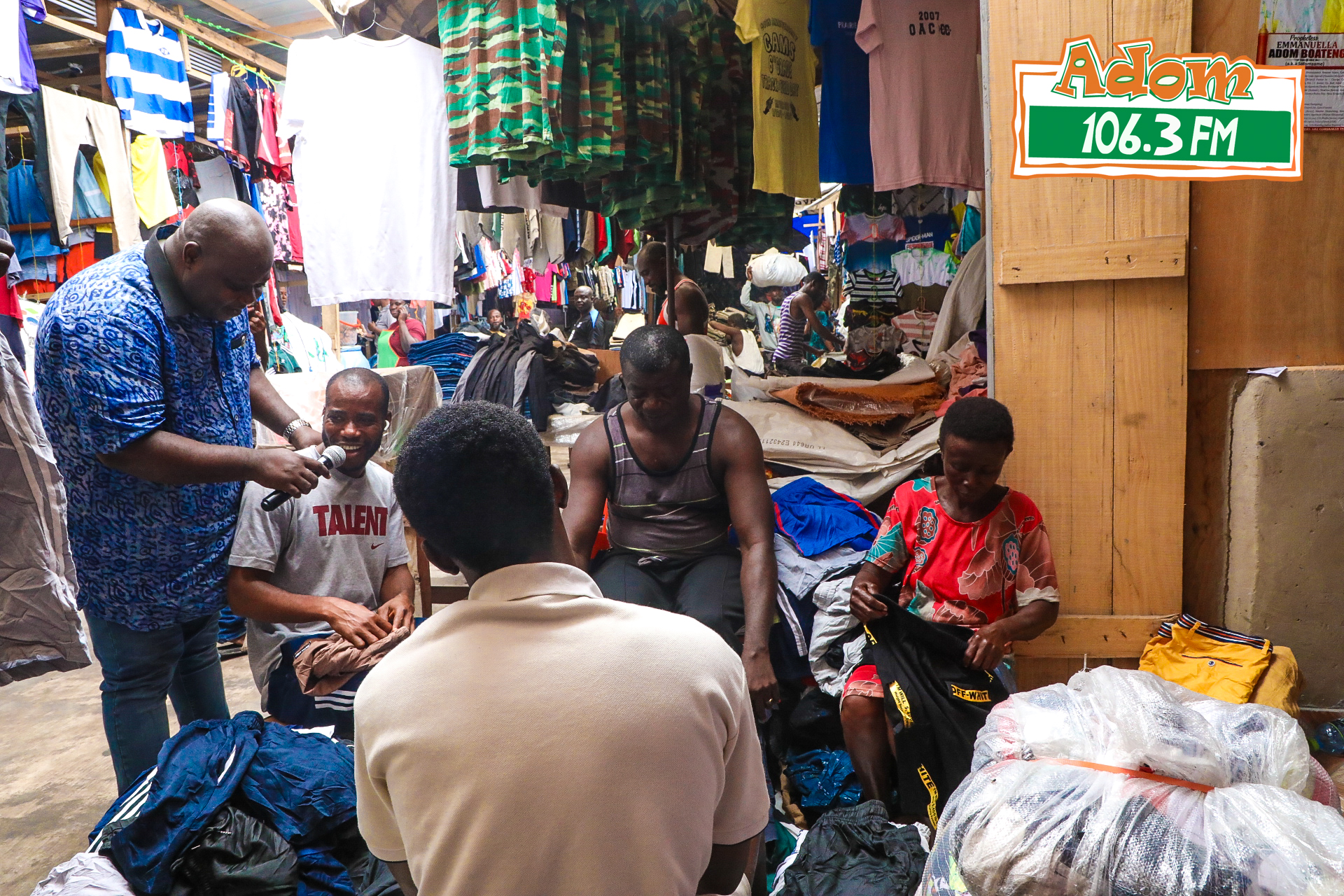

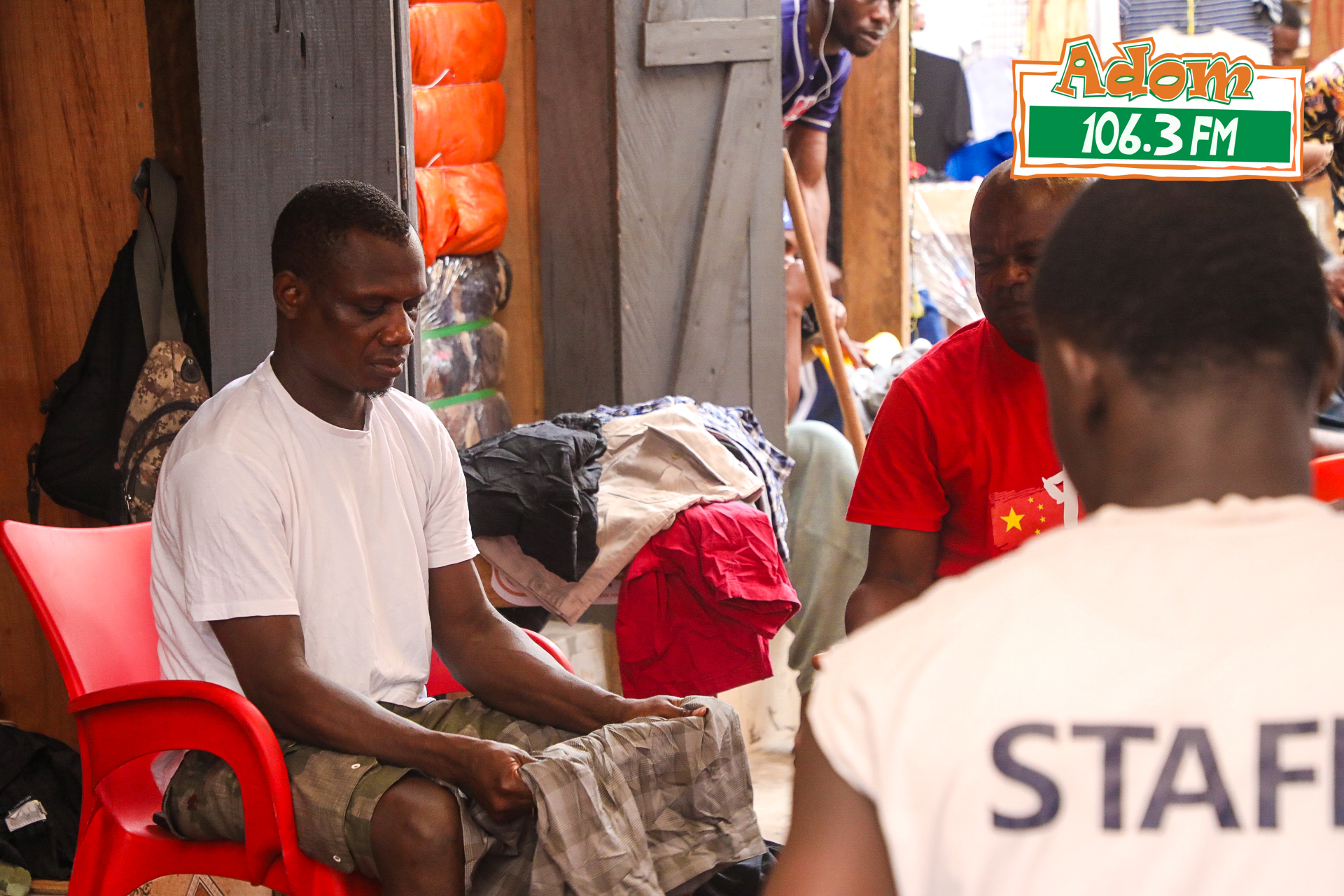
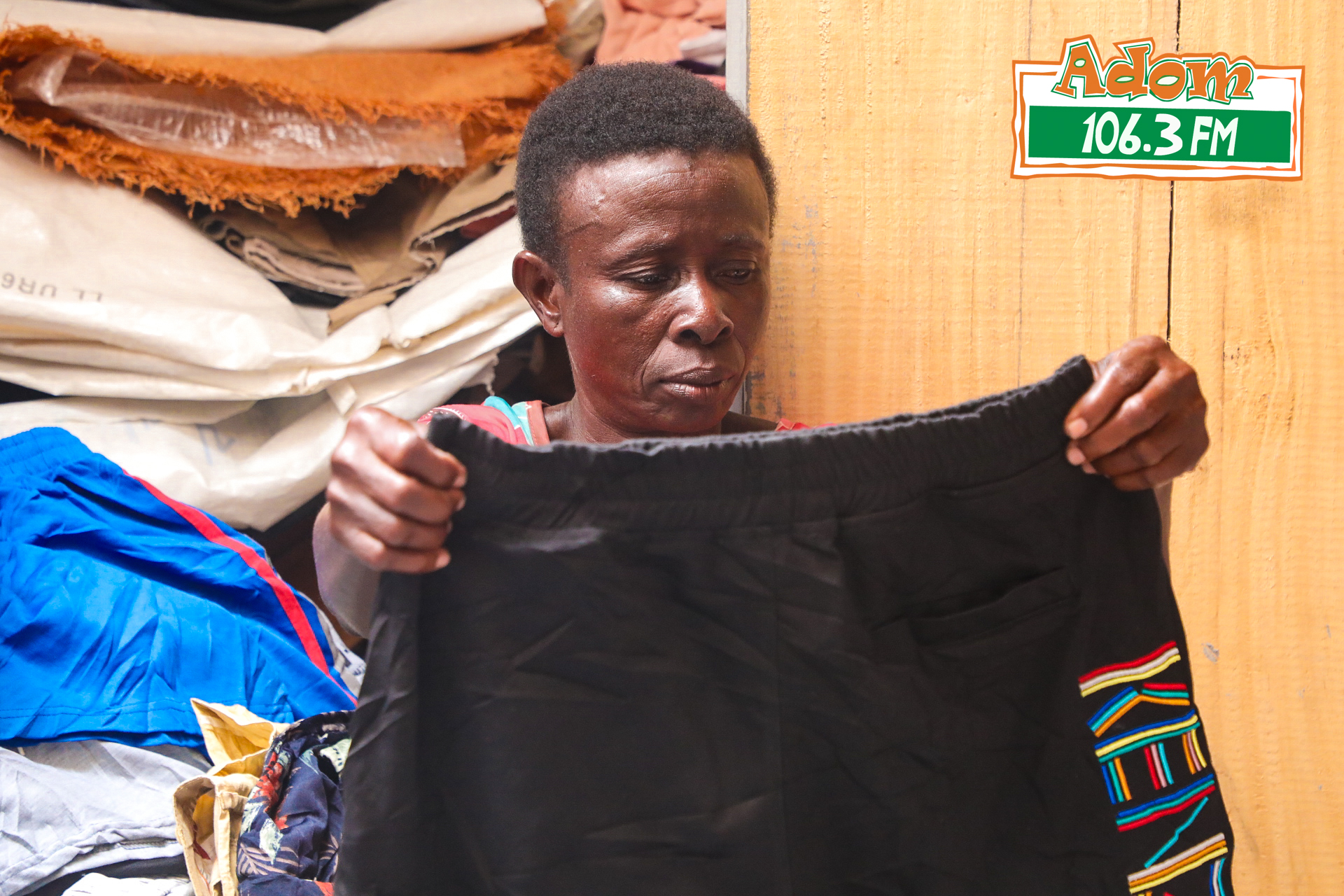
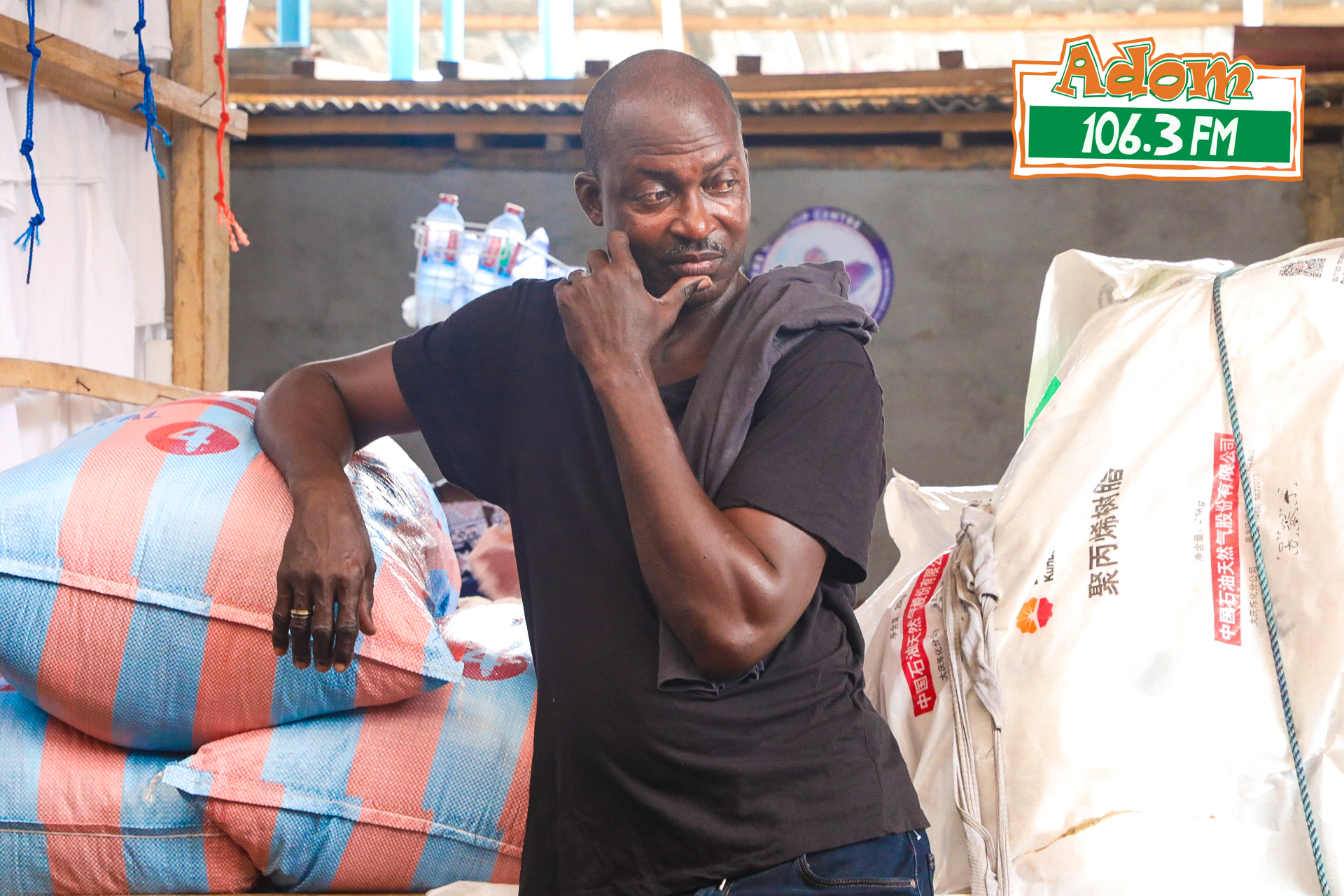
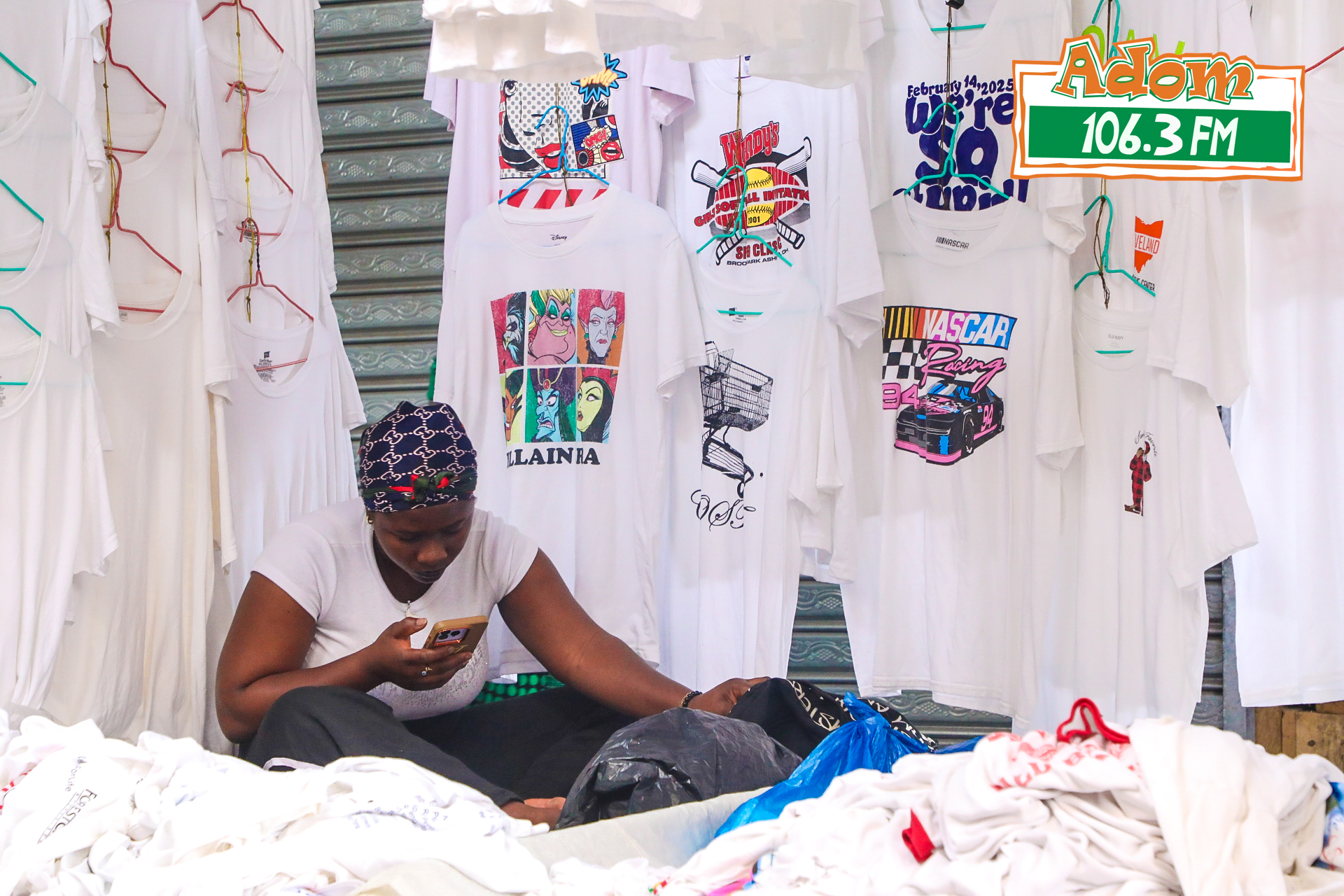
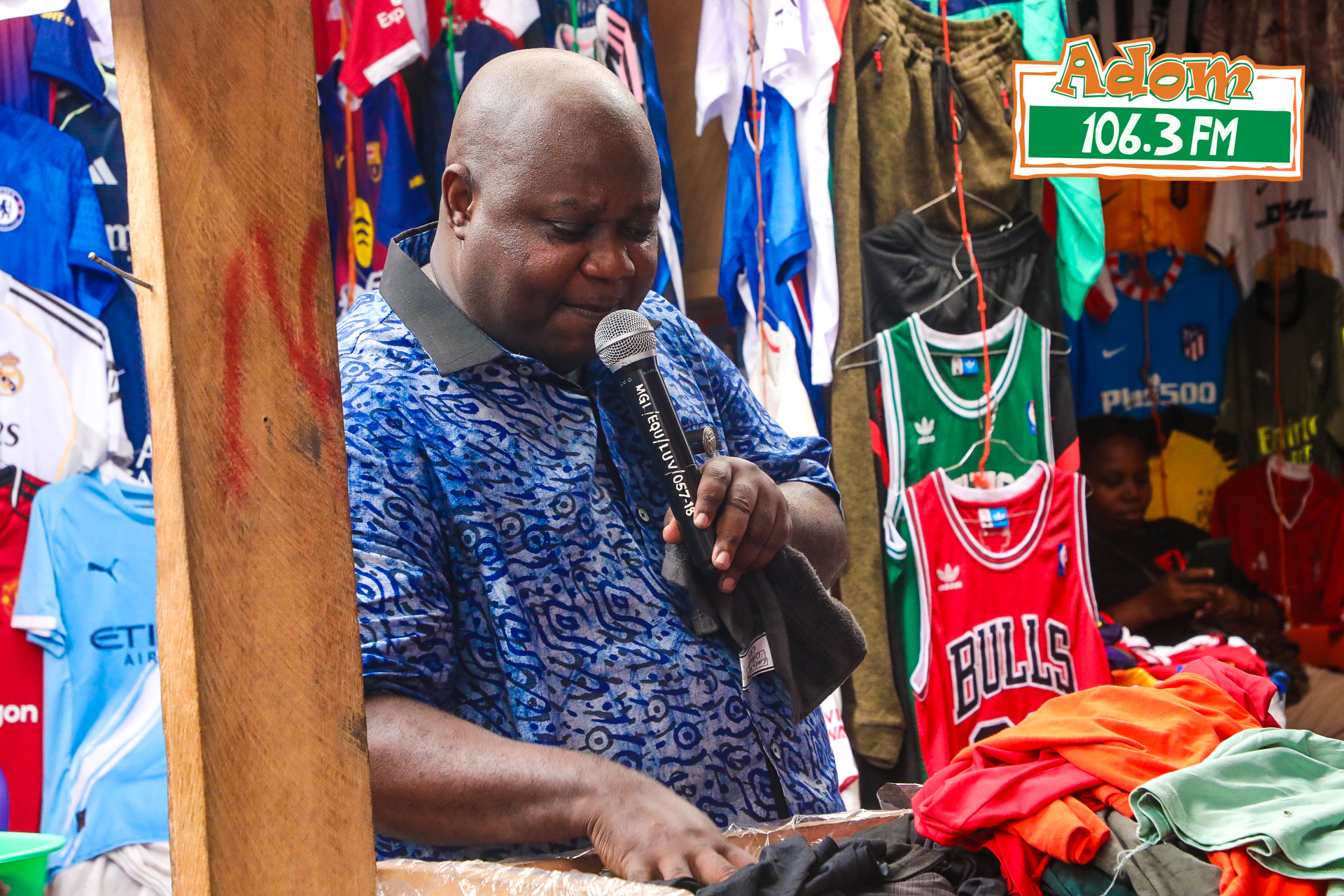

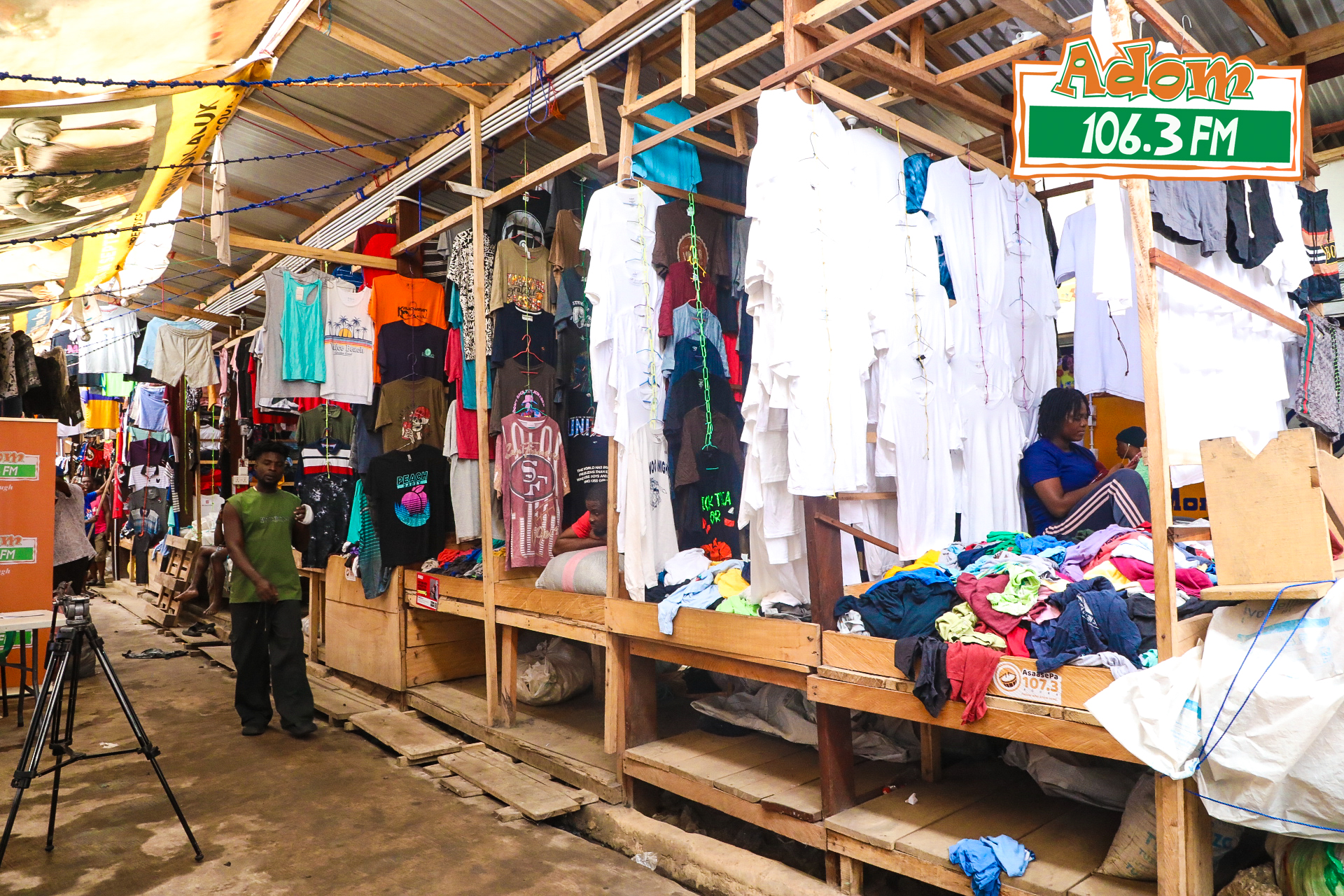
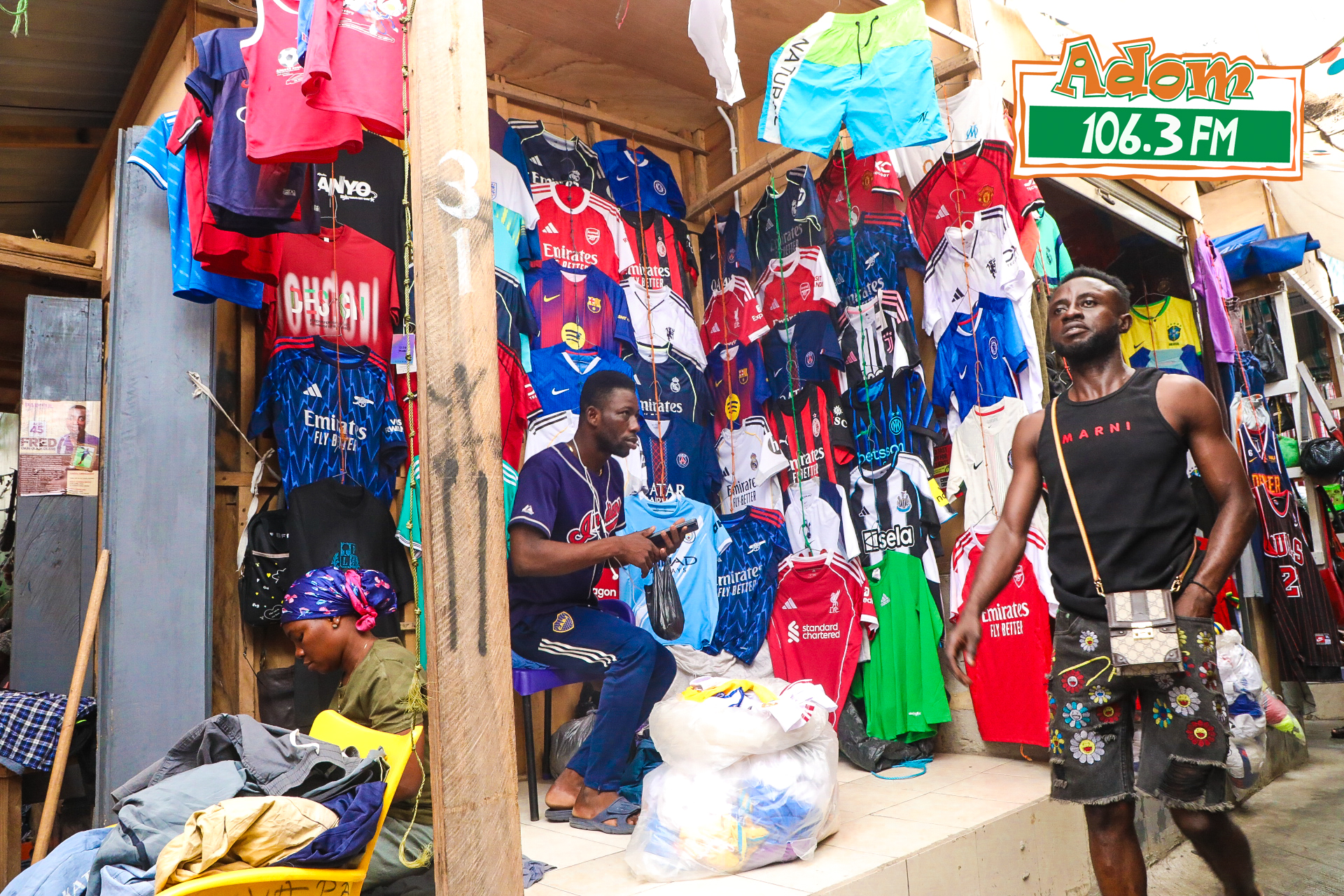
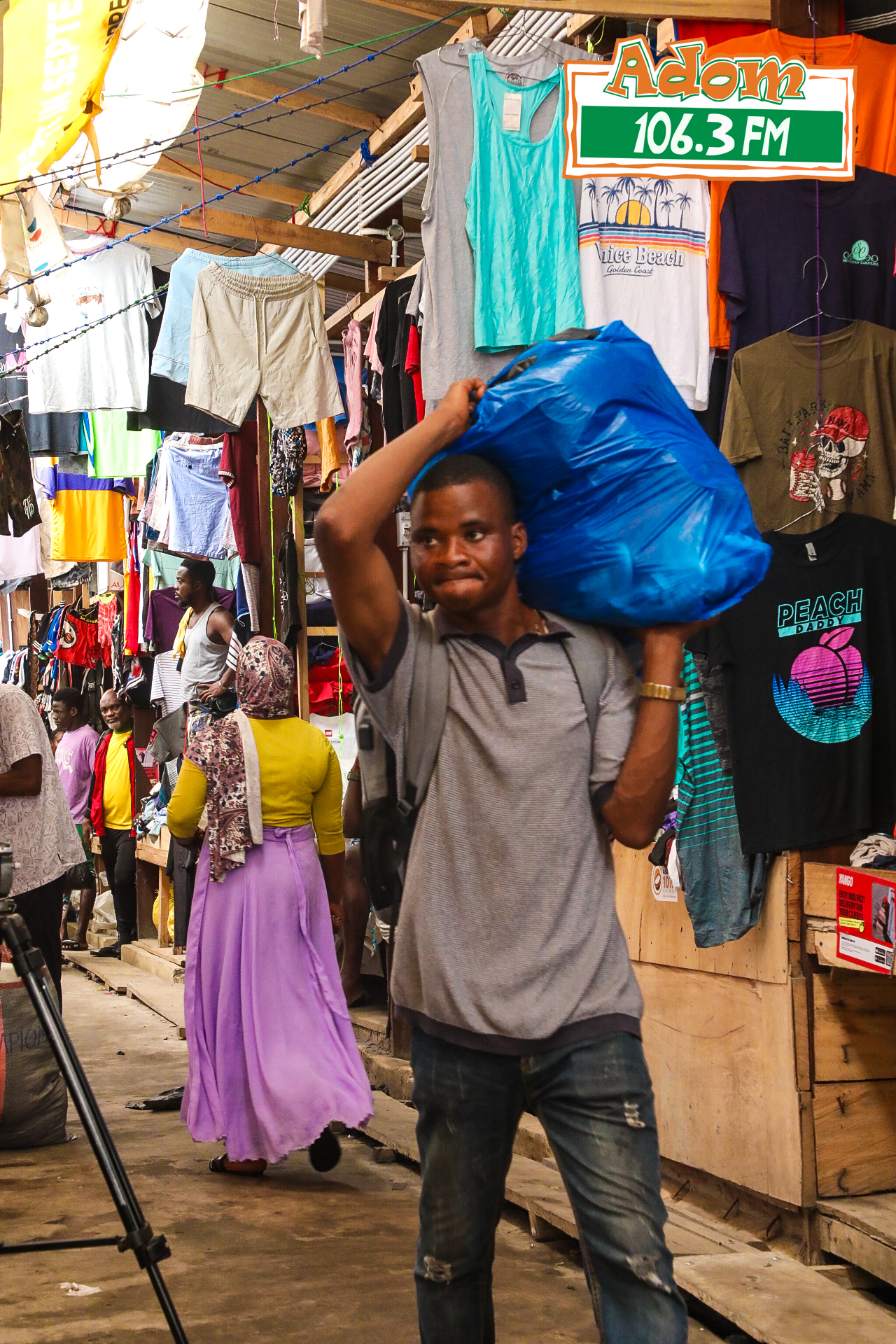
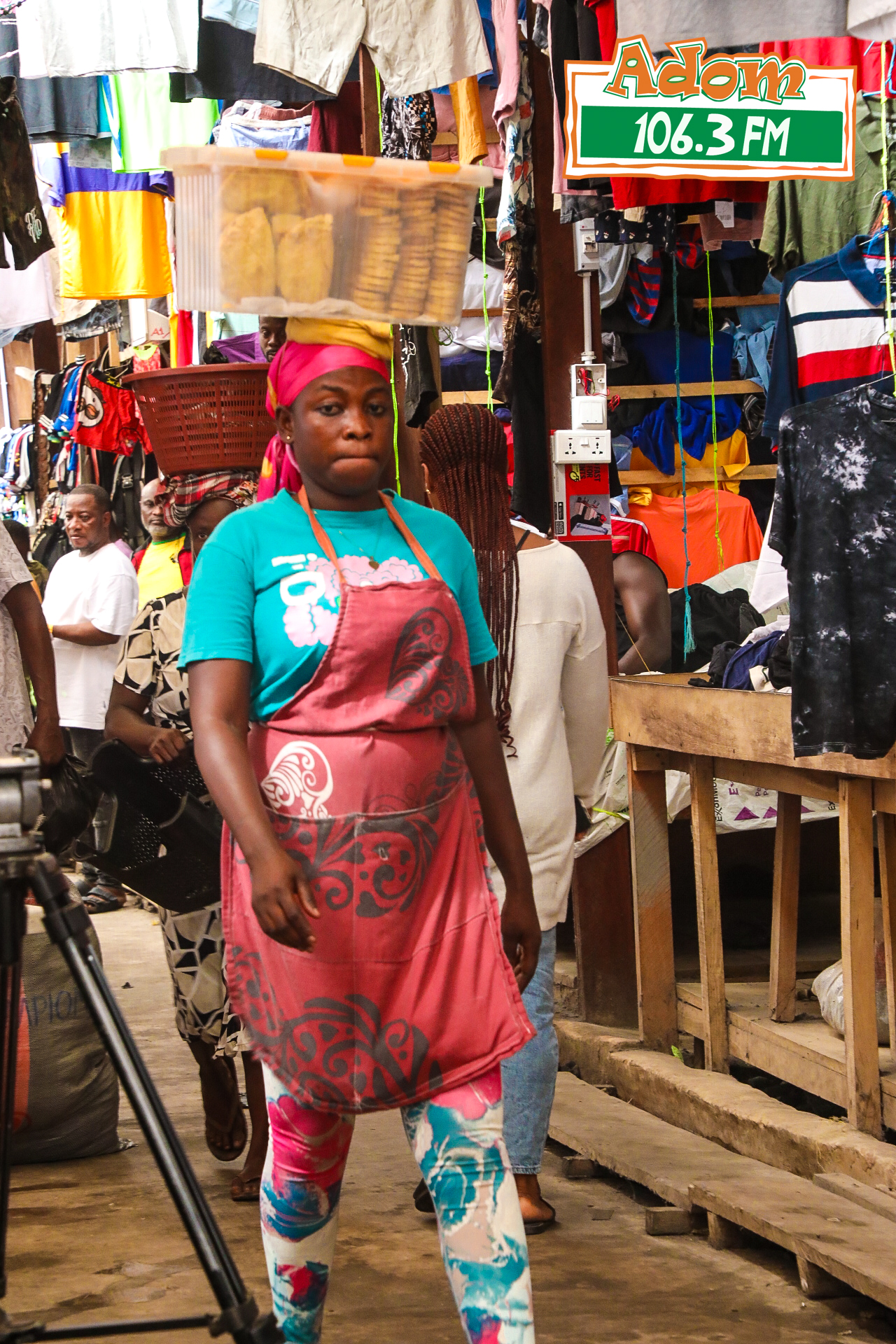
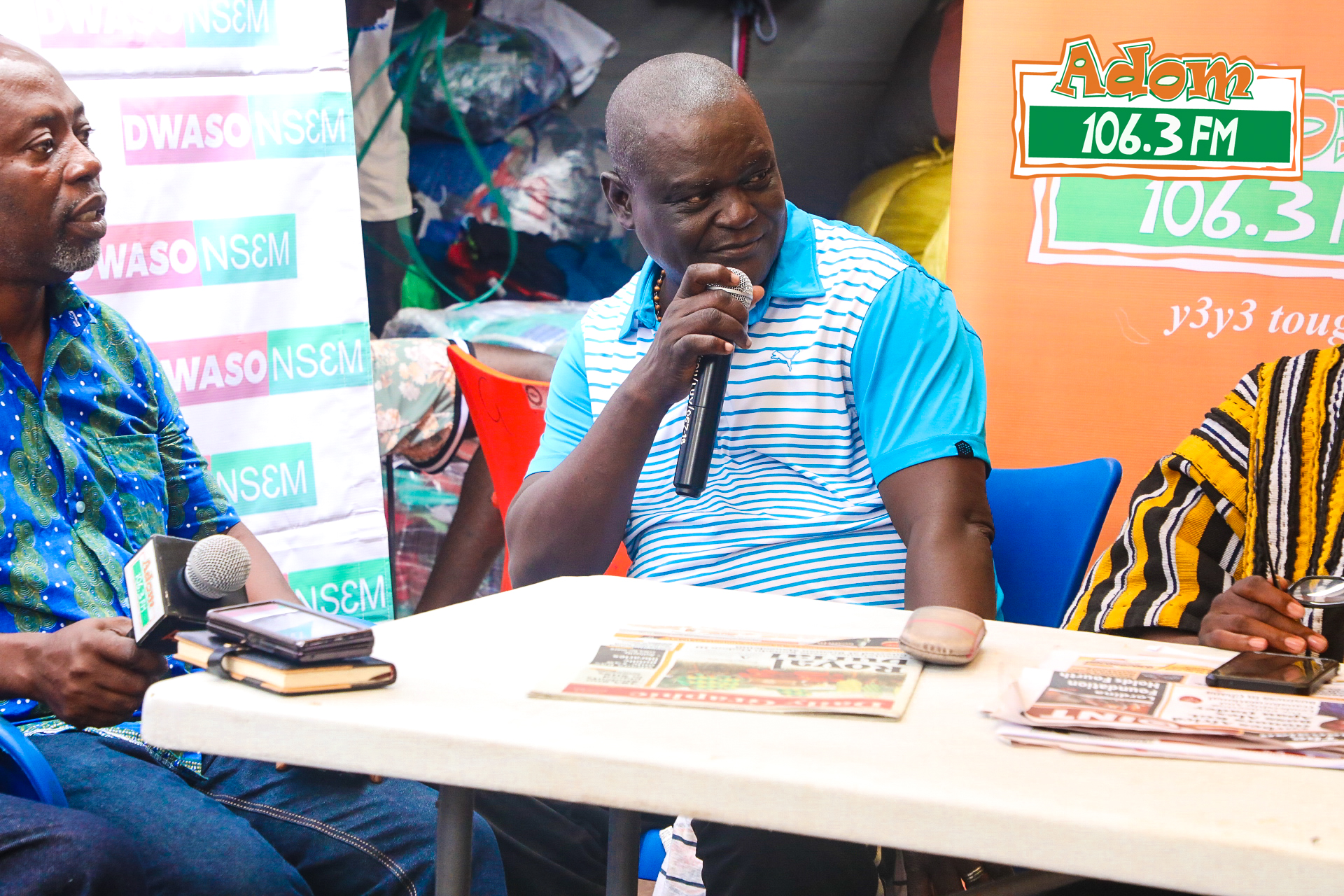

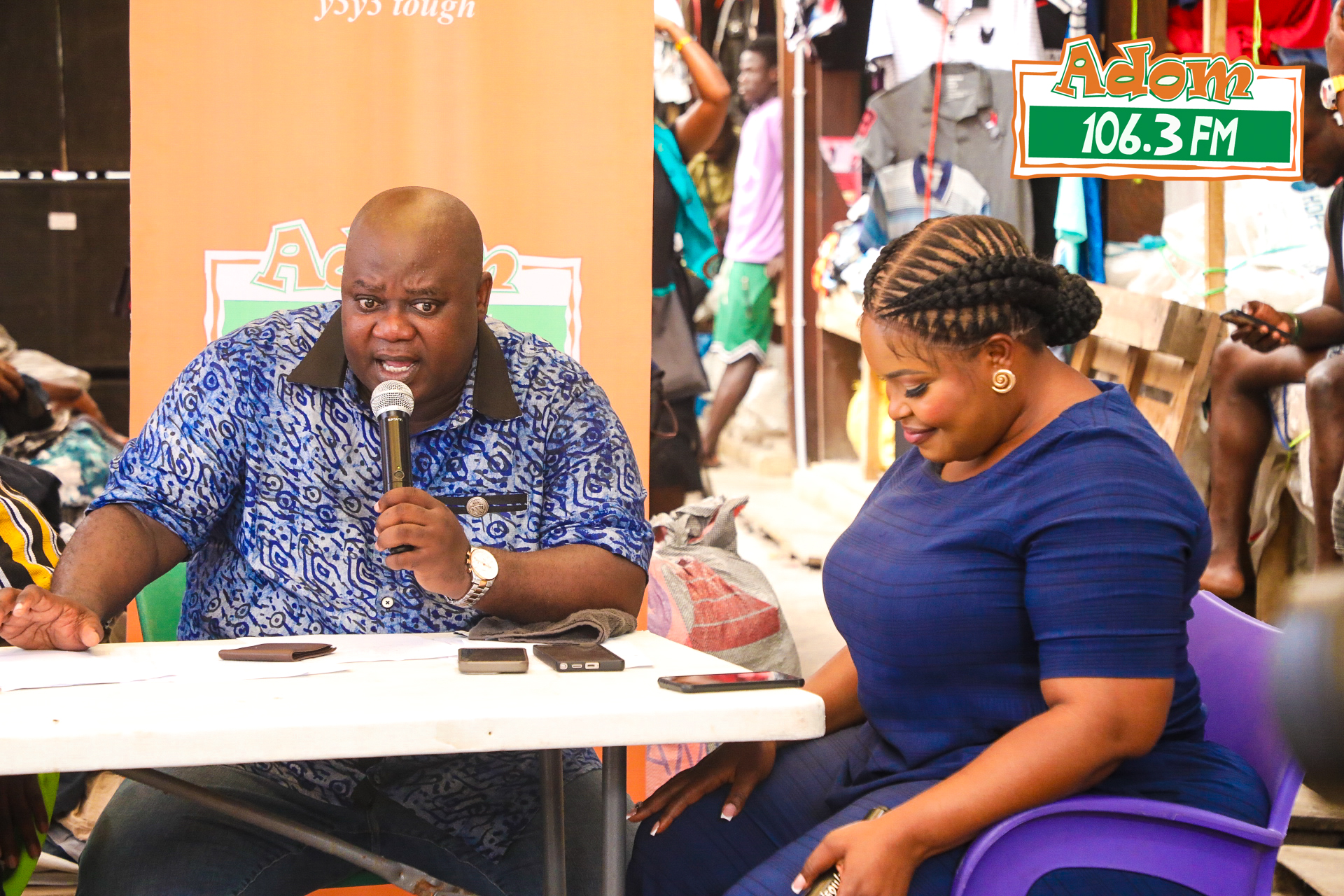
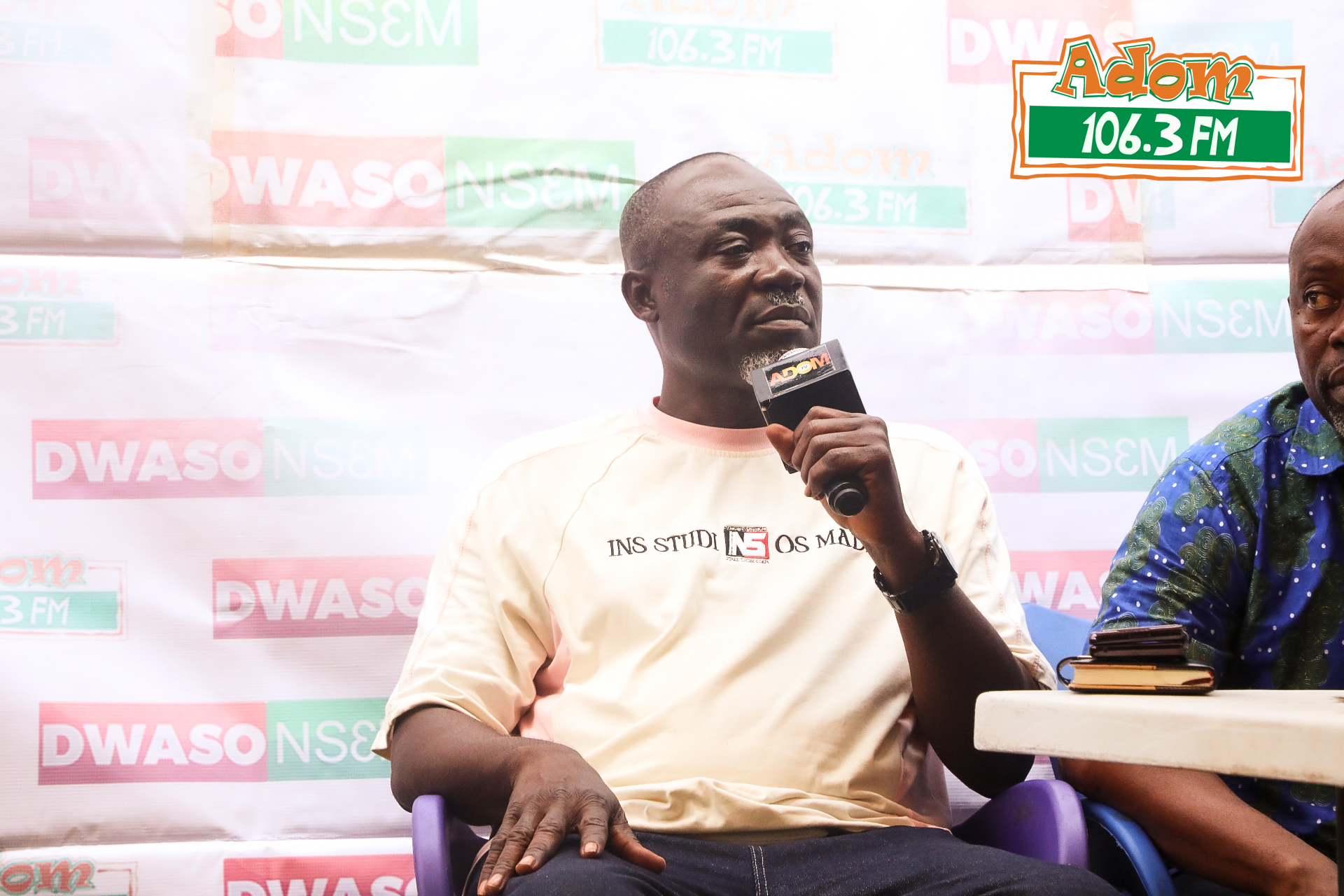
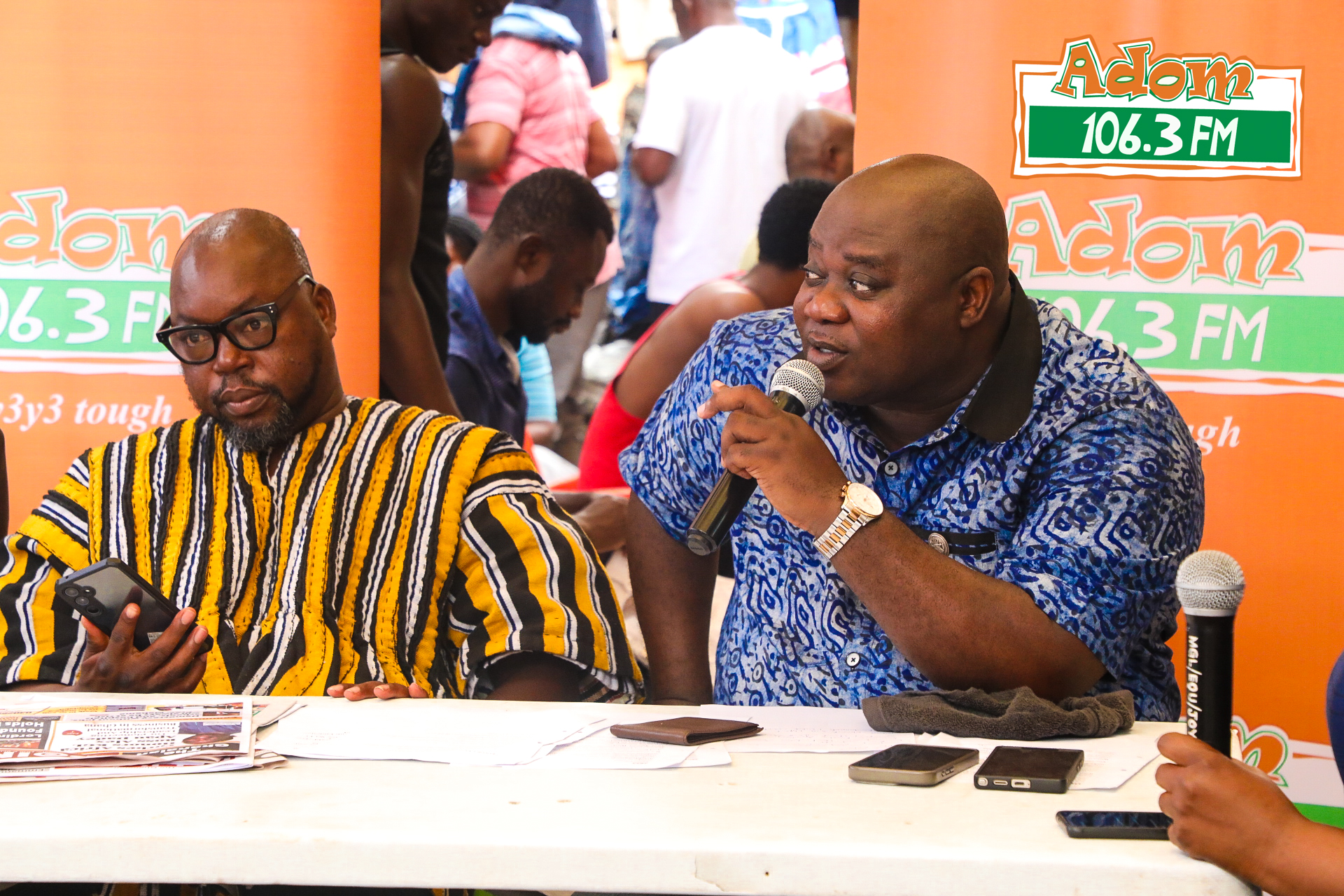
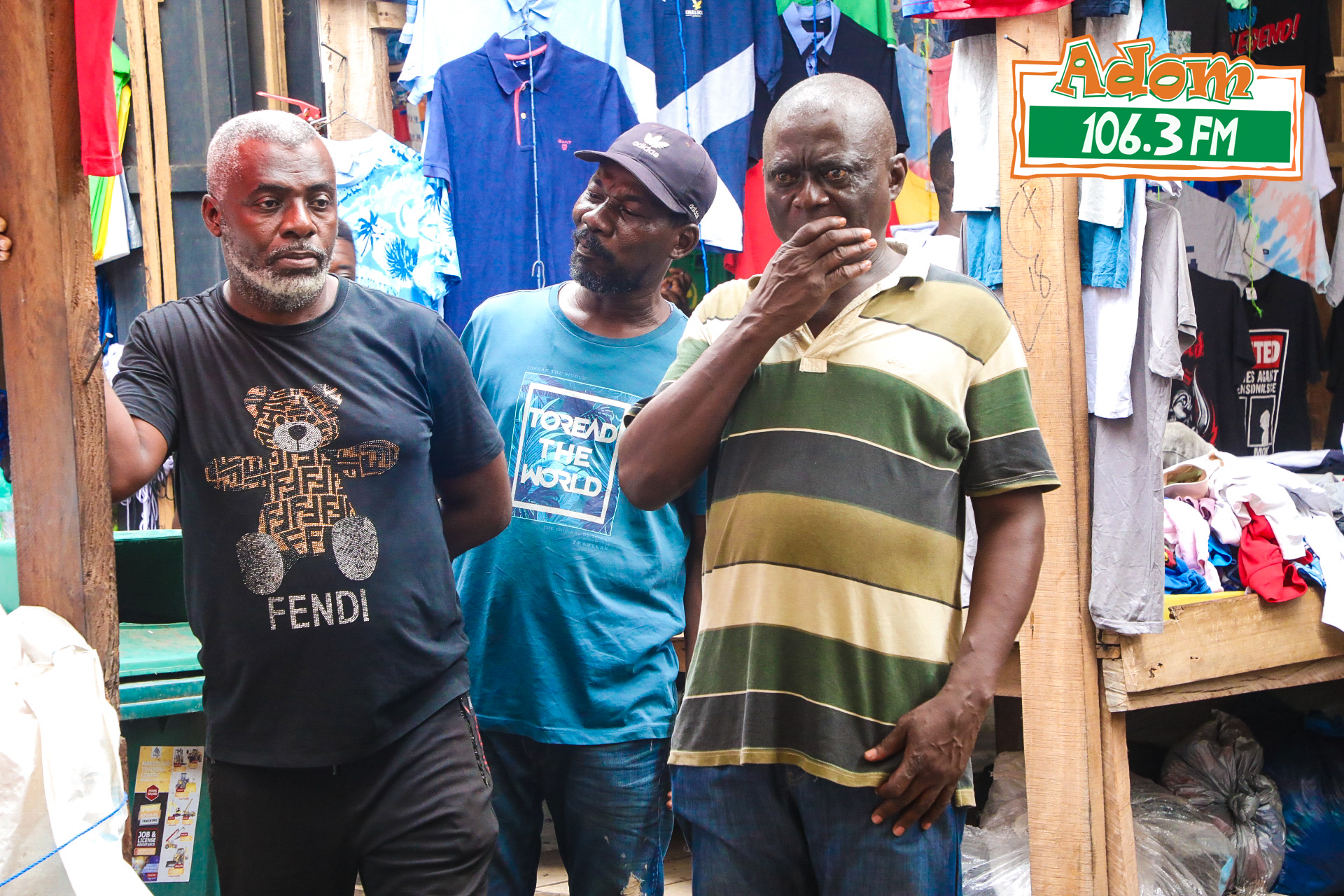
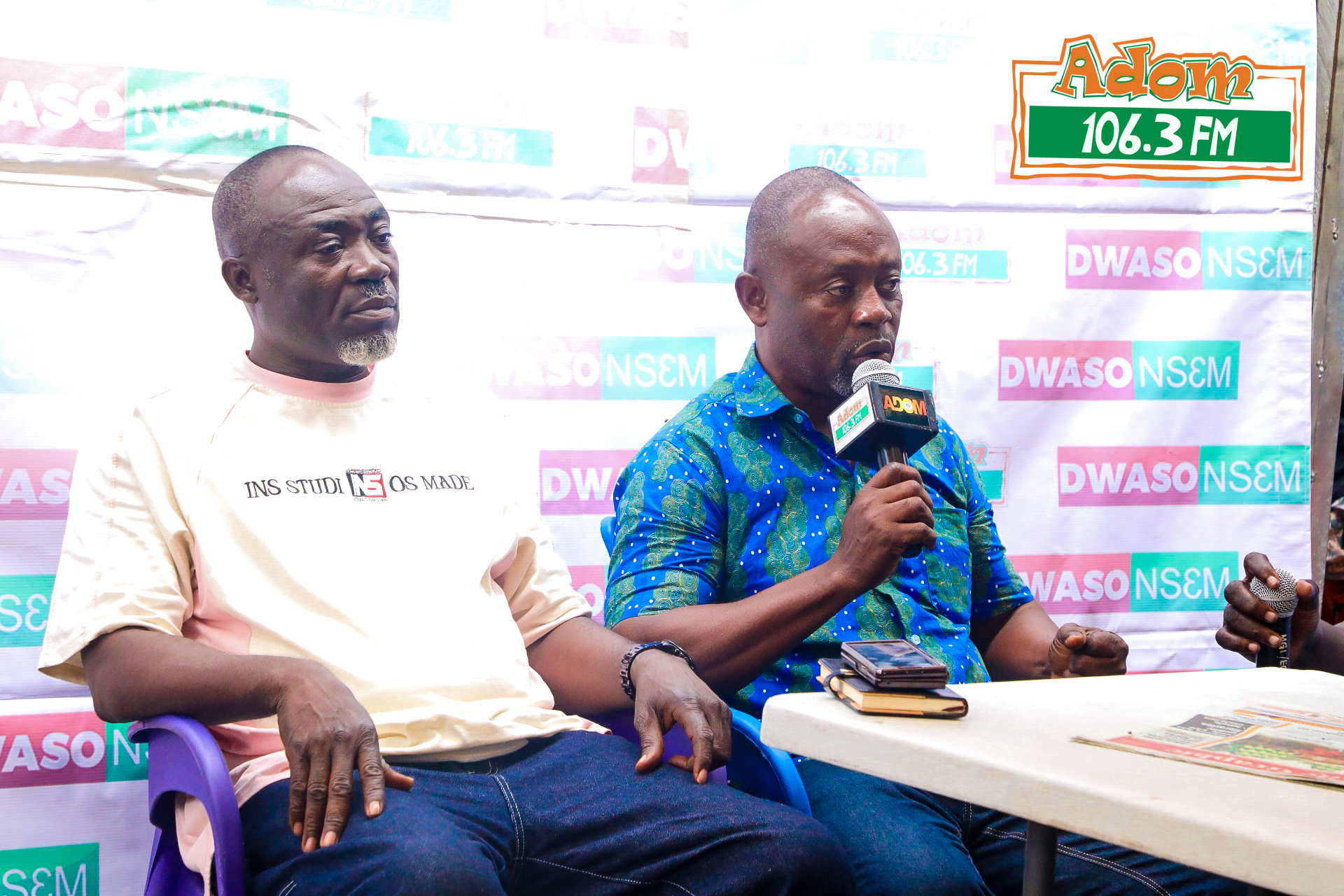
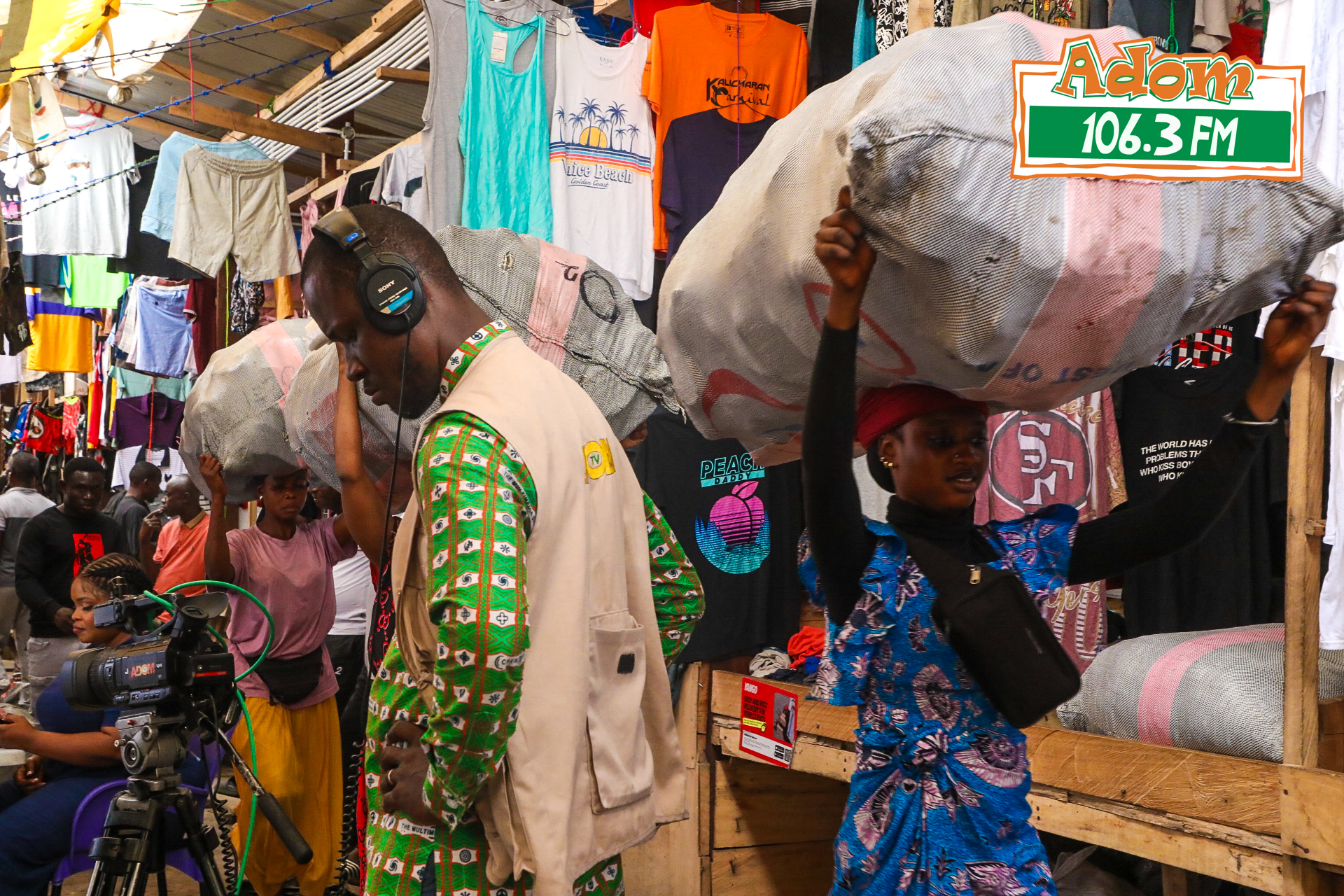

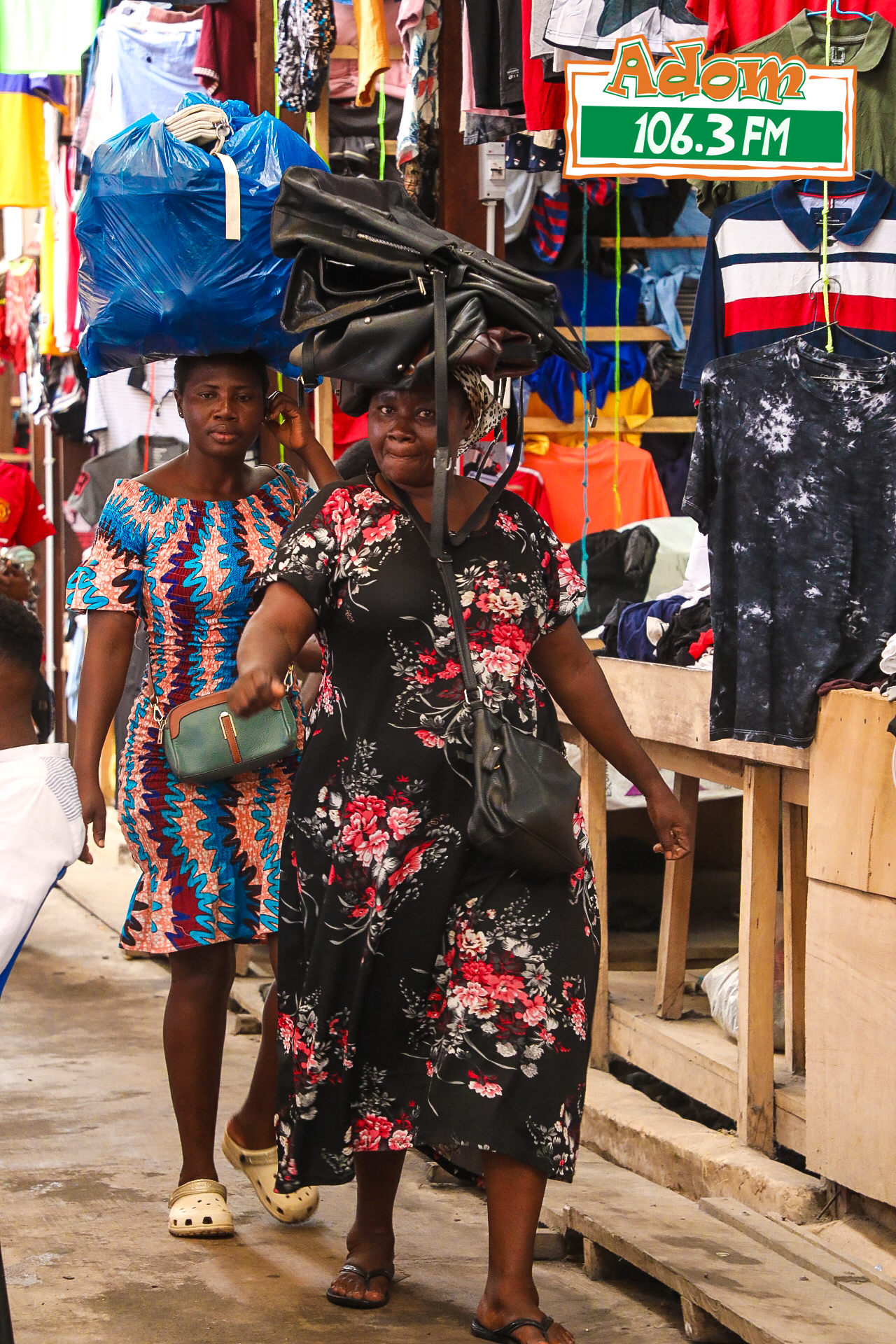
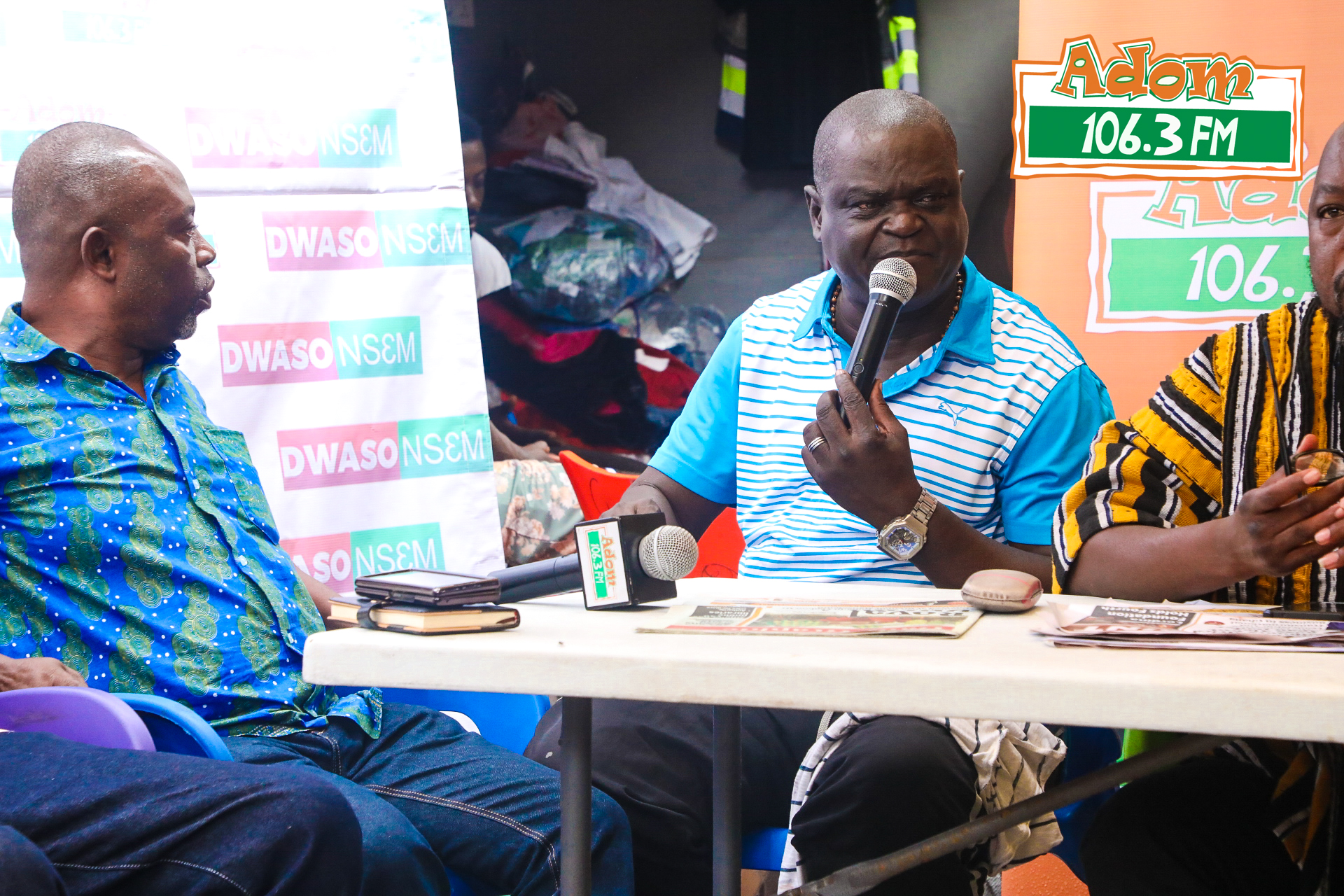
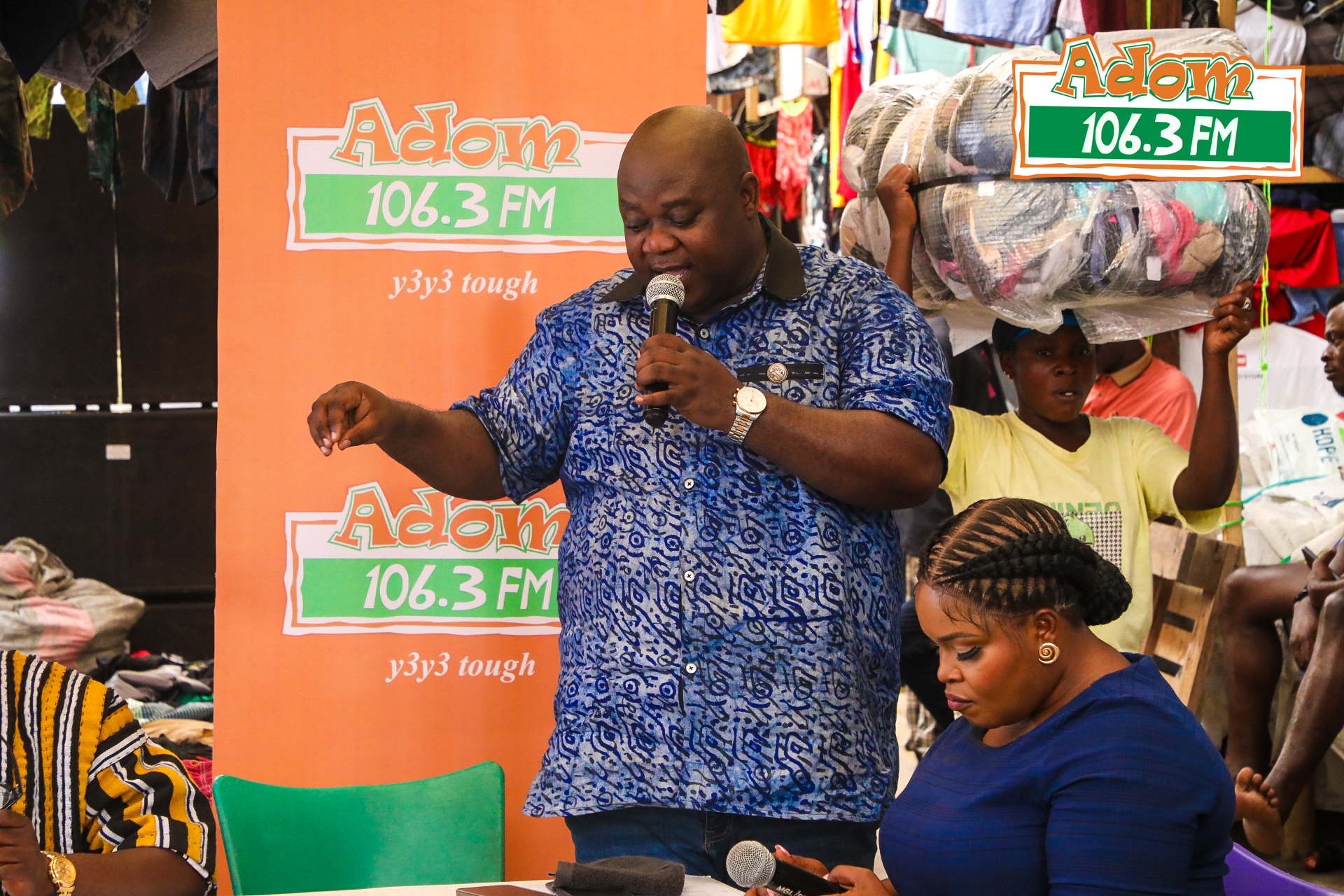
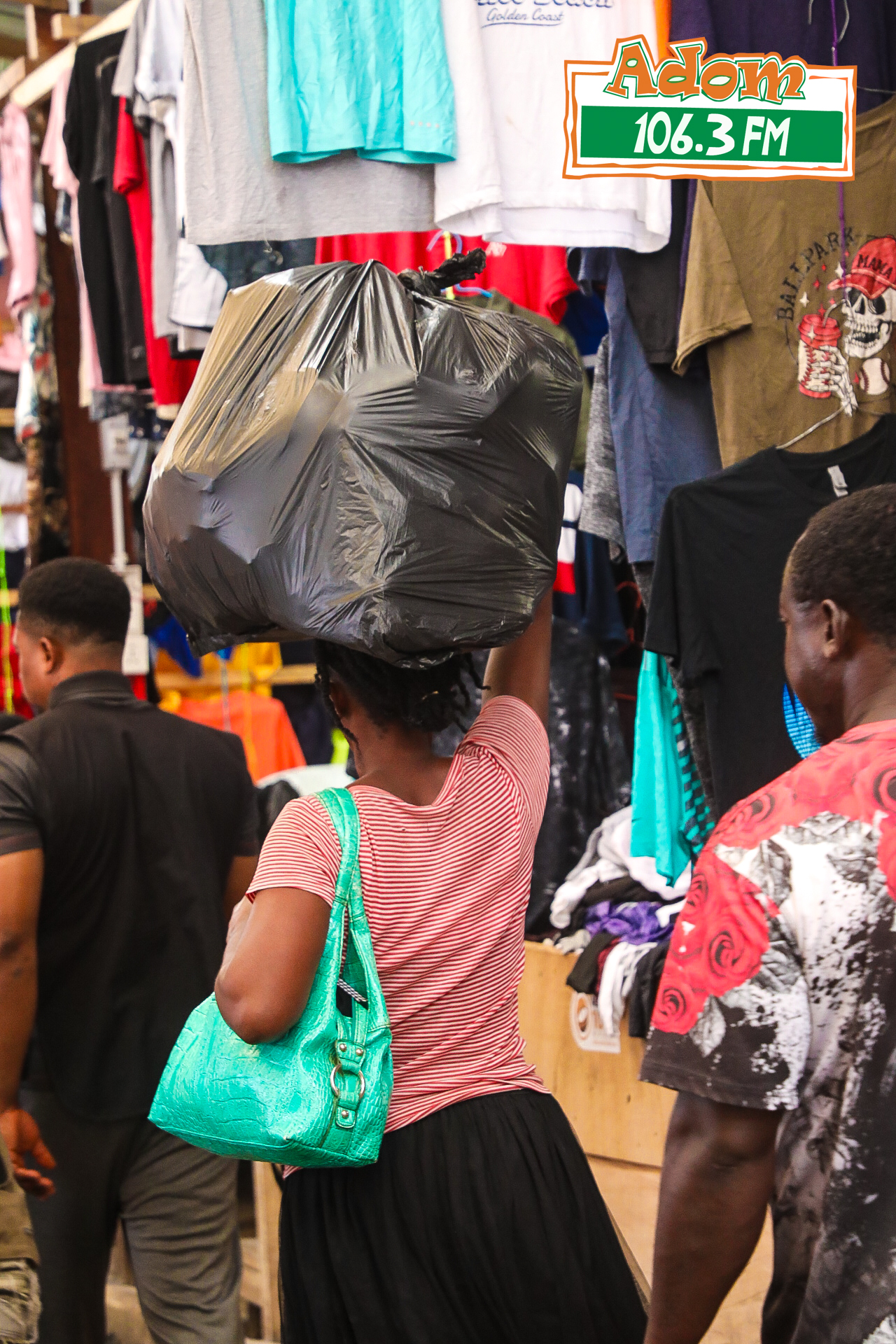
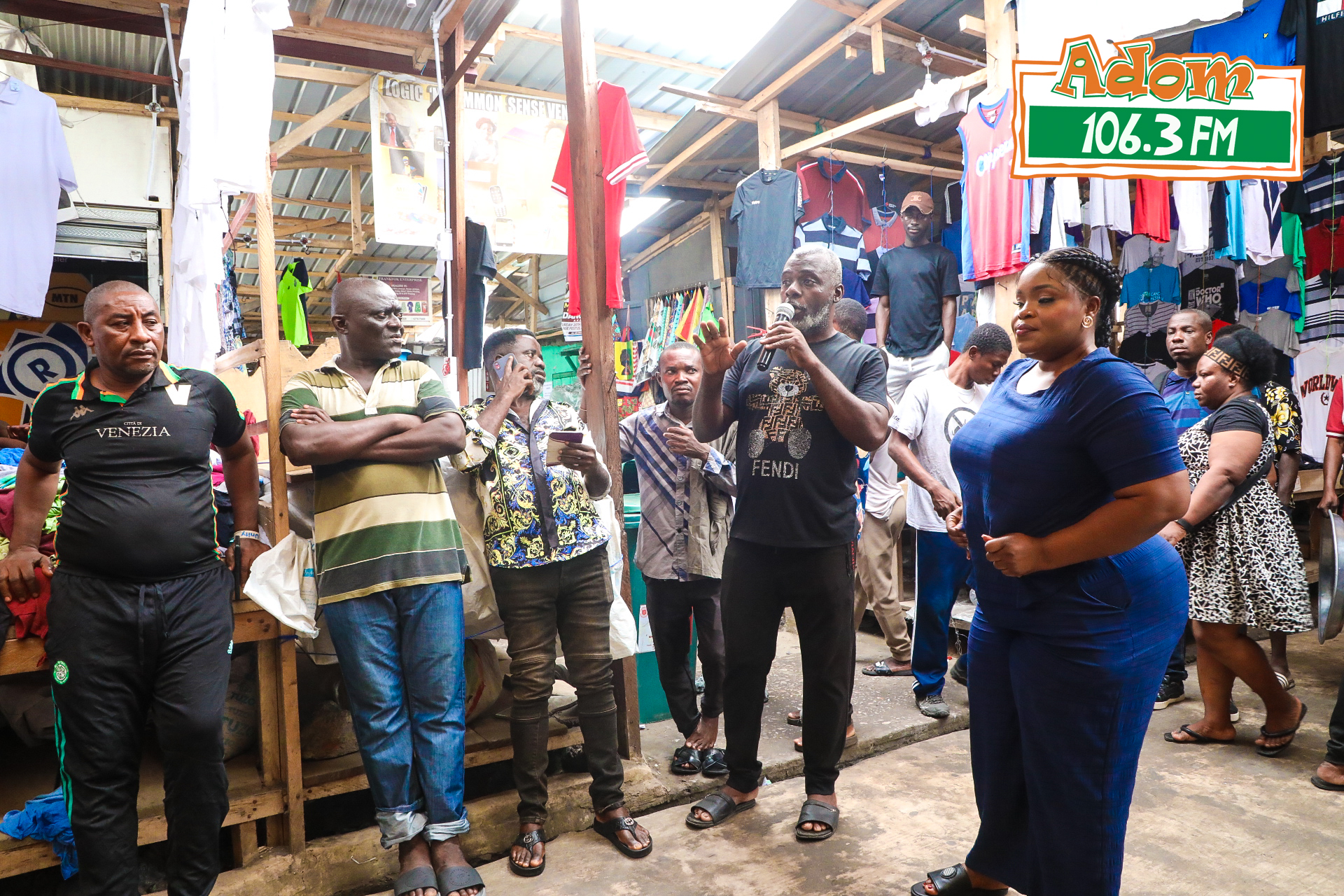
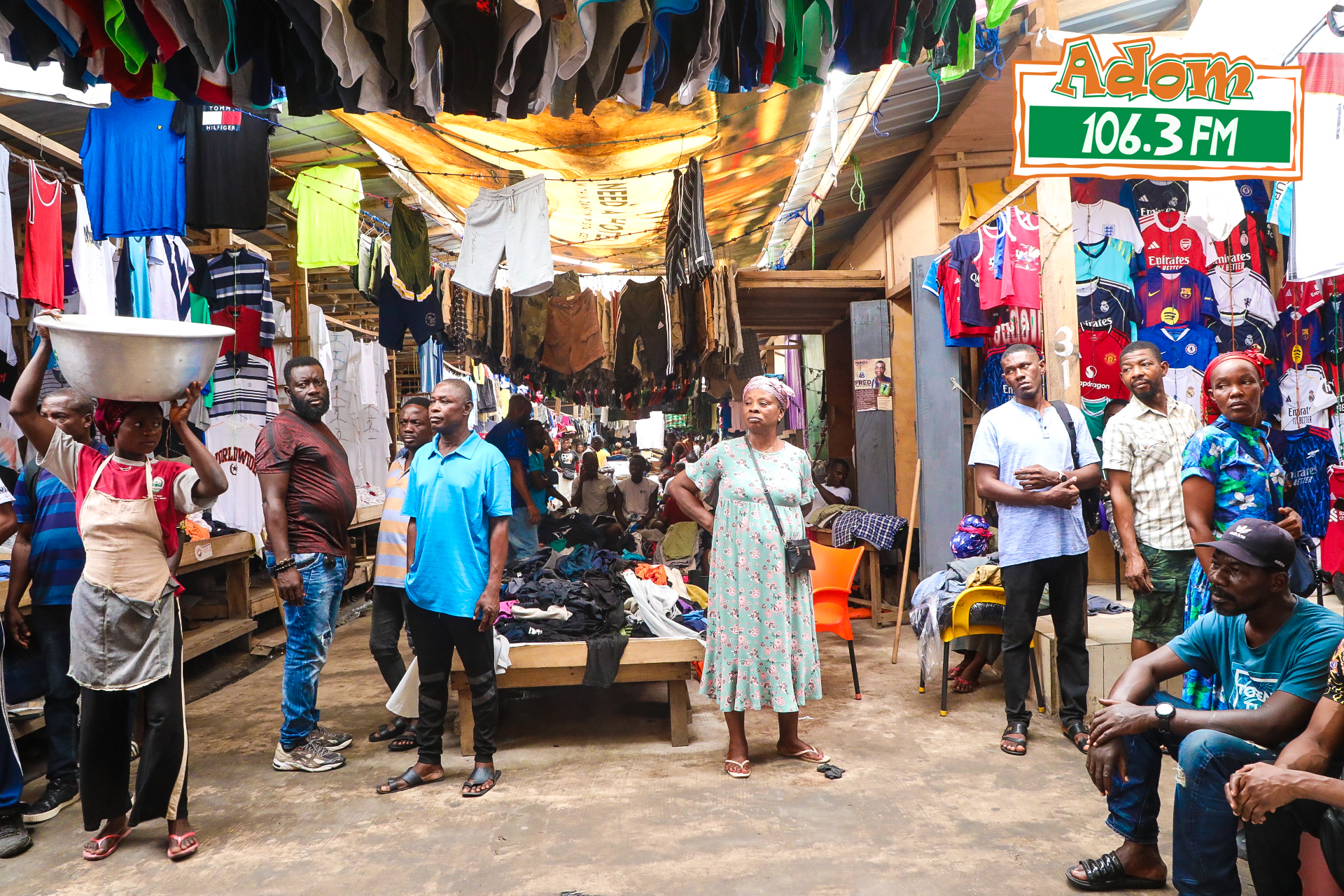

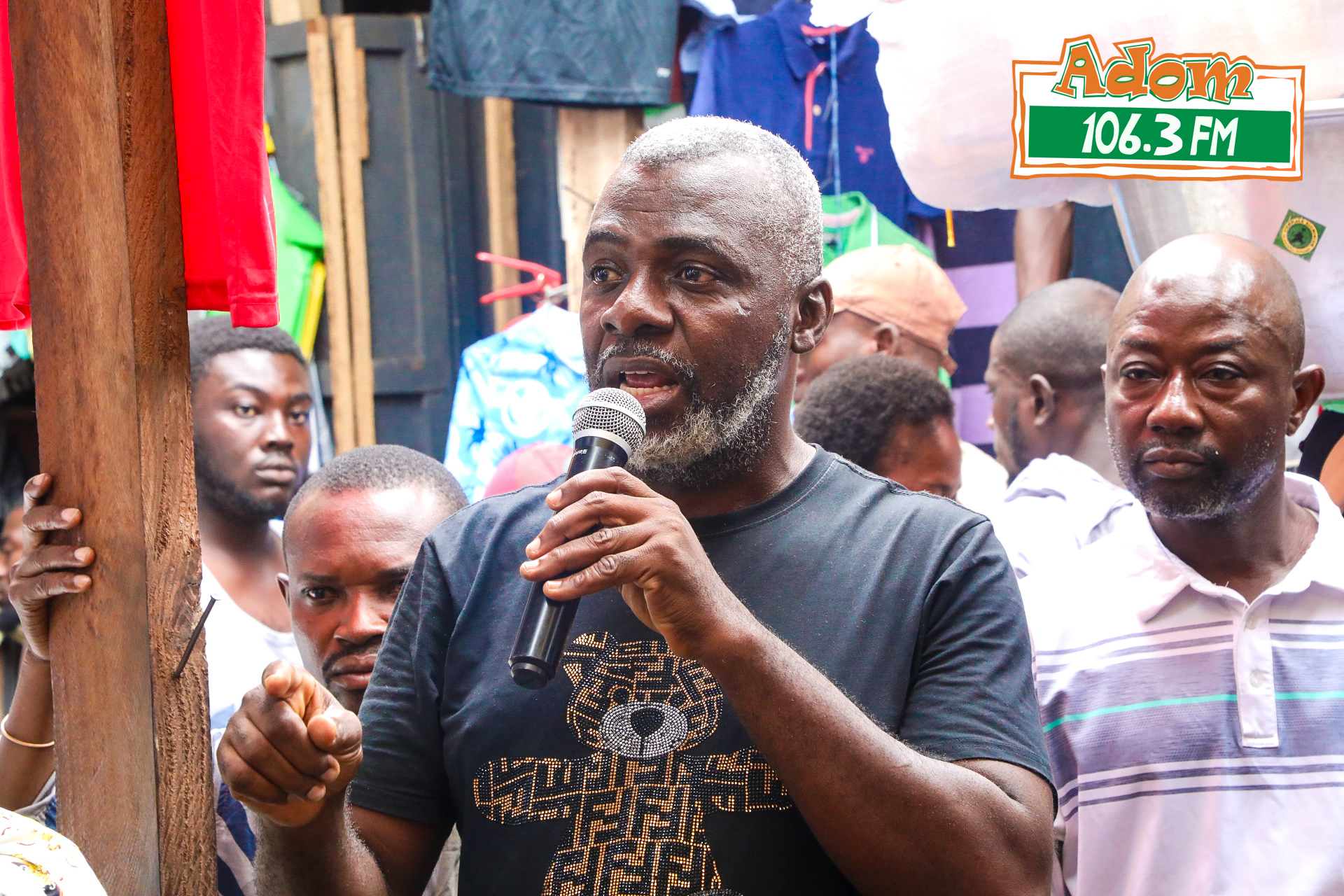

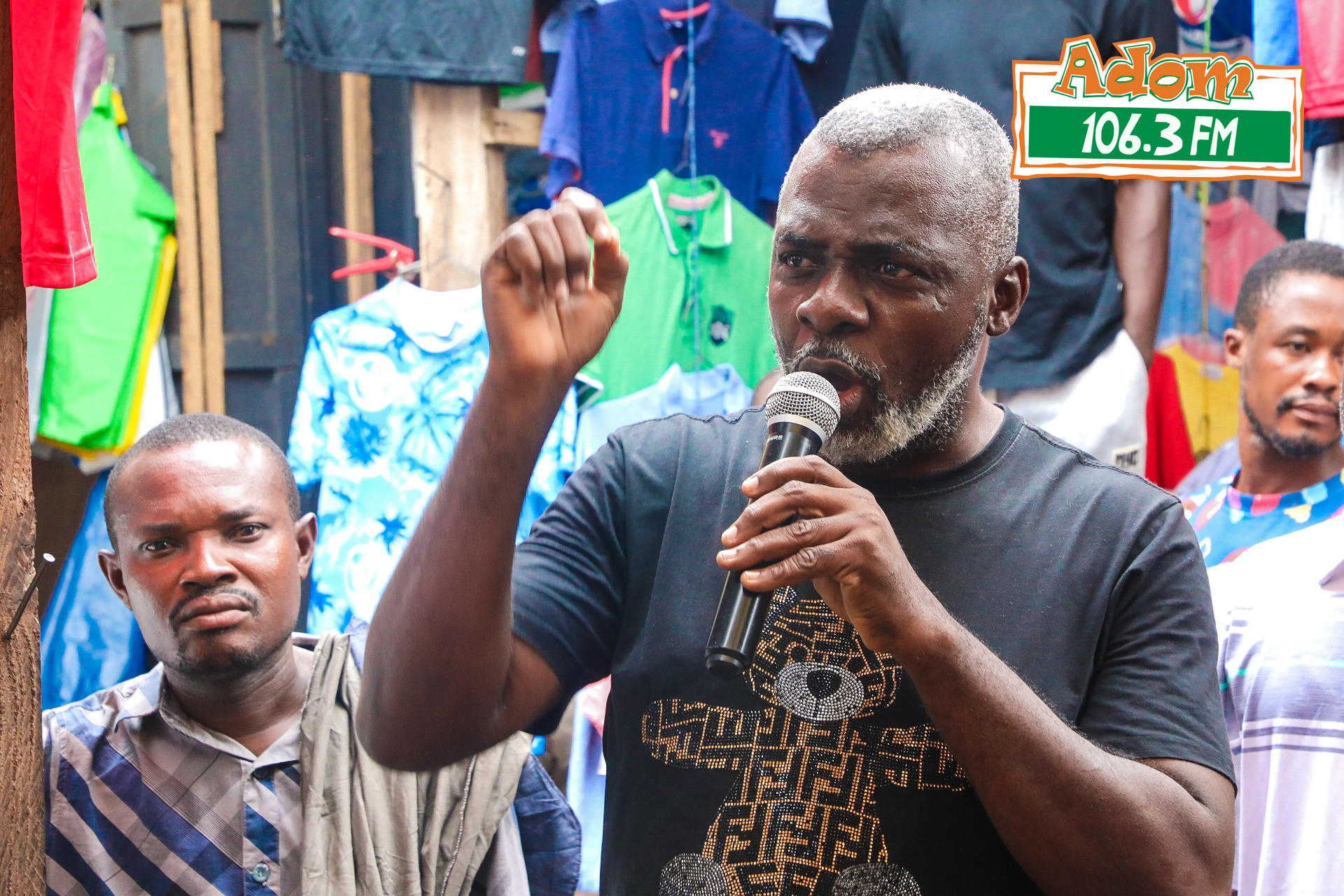
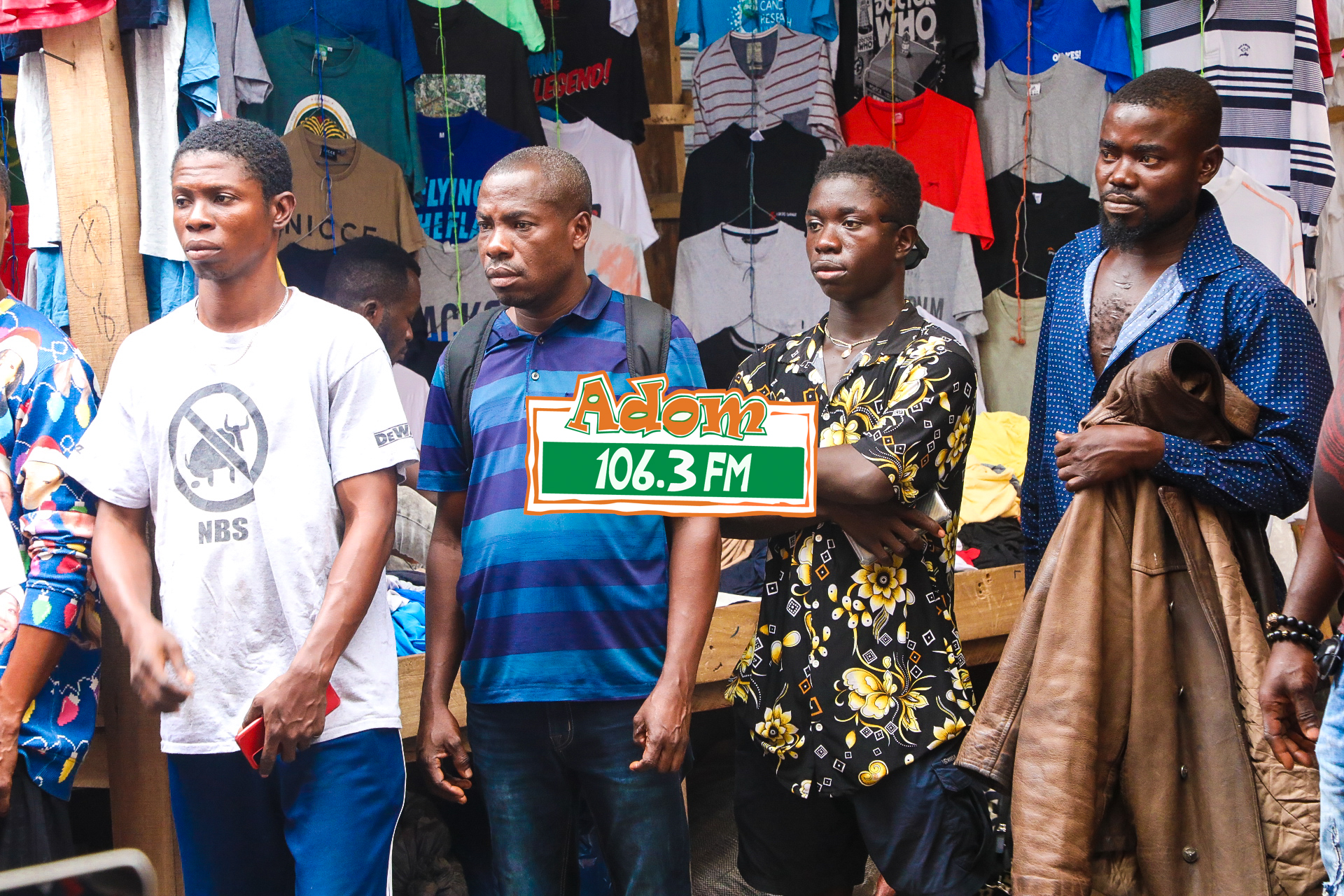
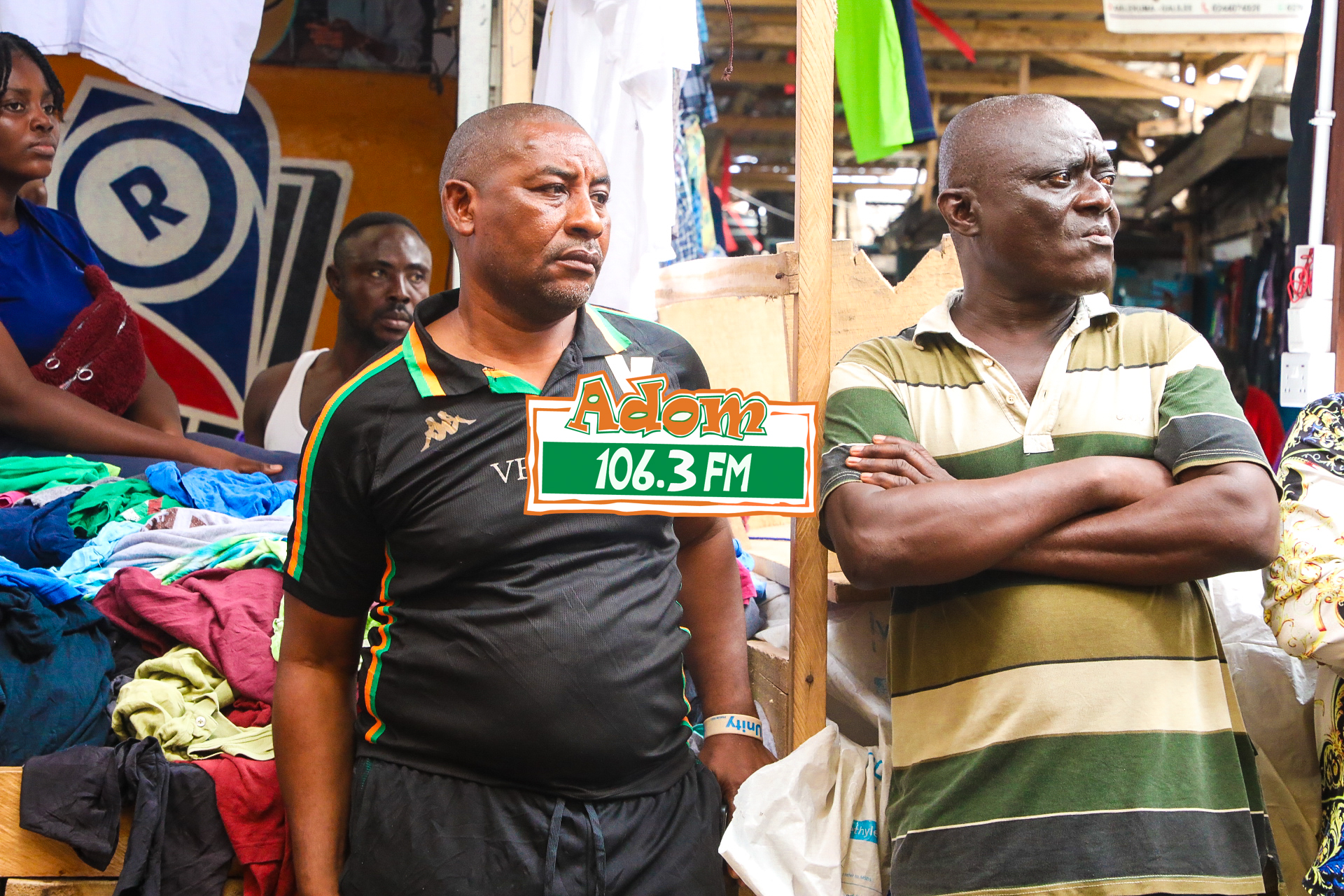
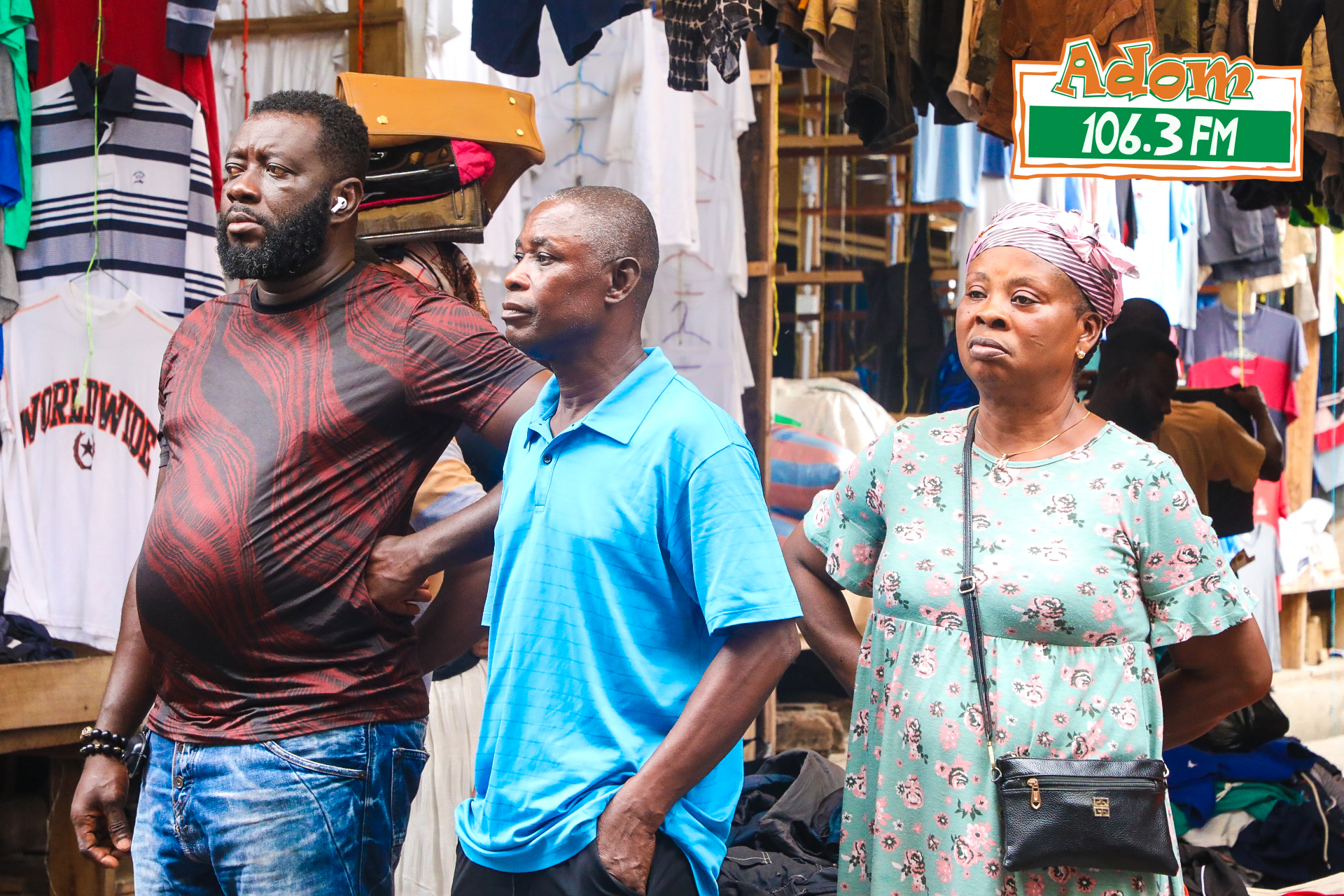
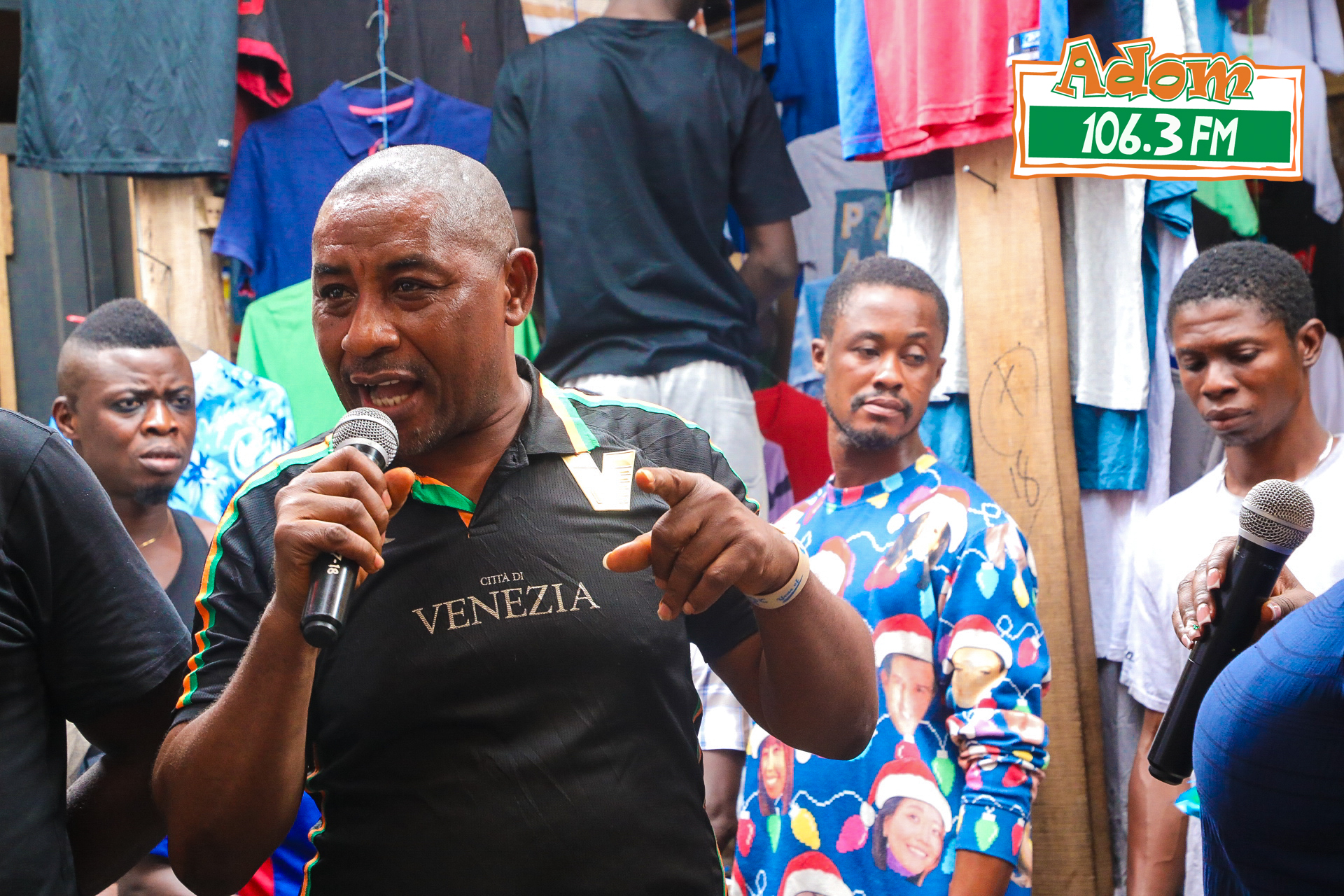
Source :Joseph Odotei

